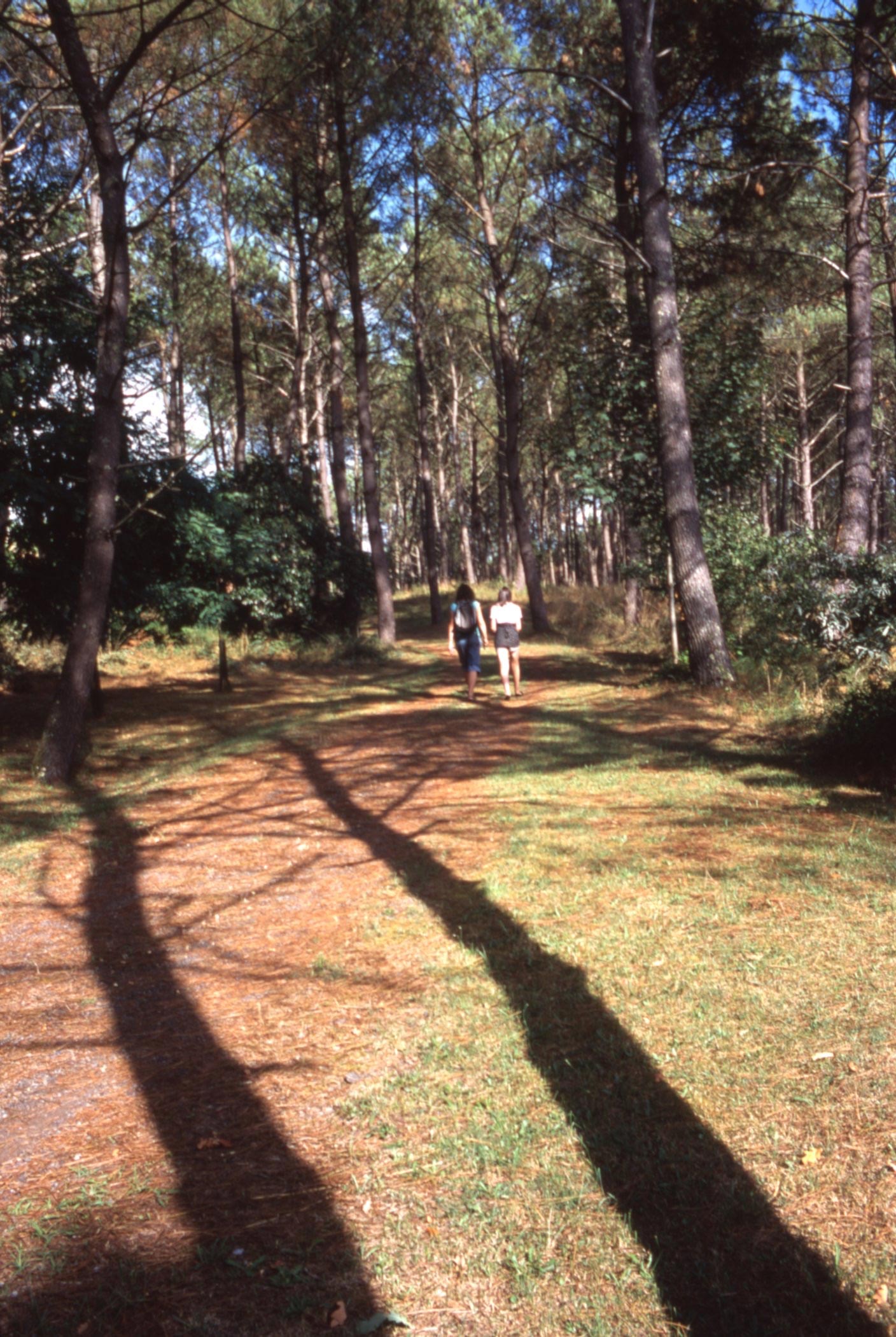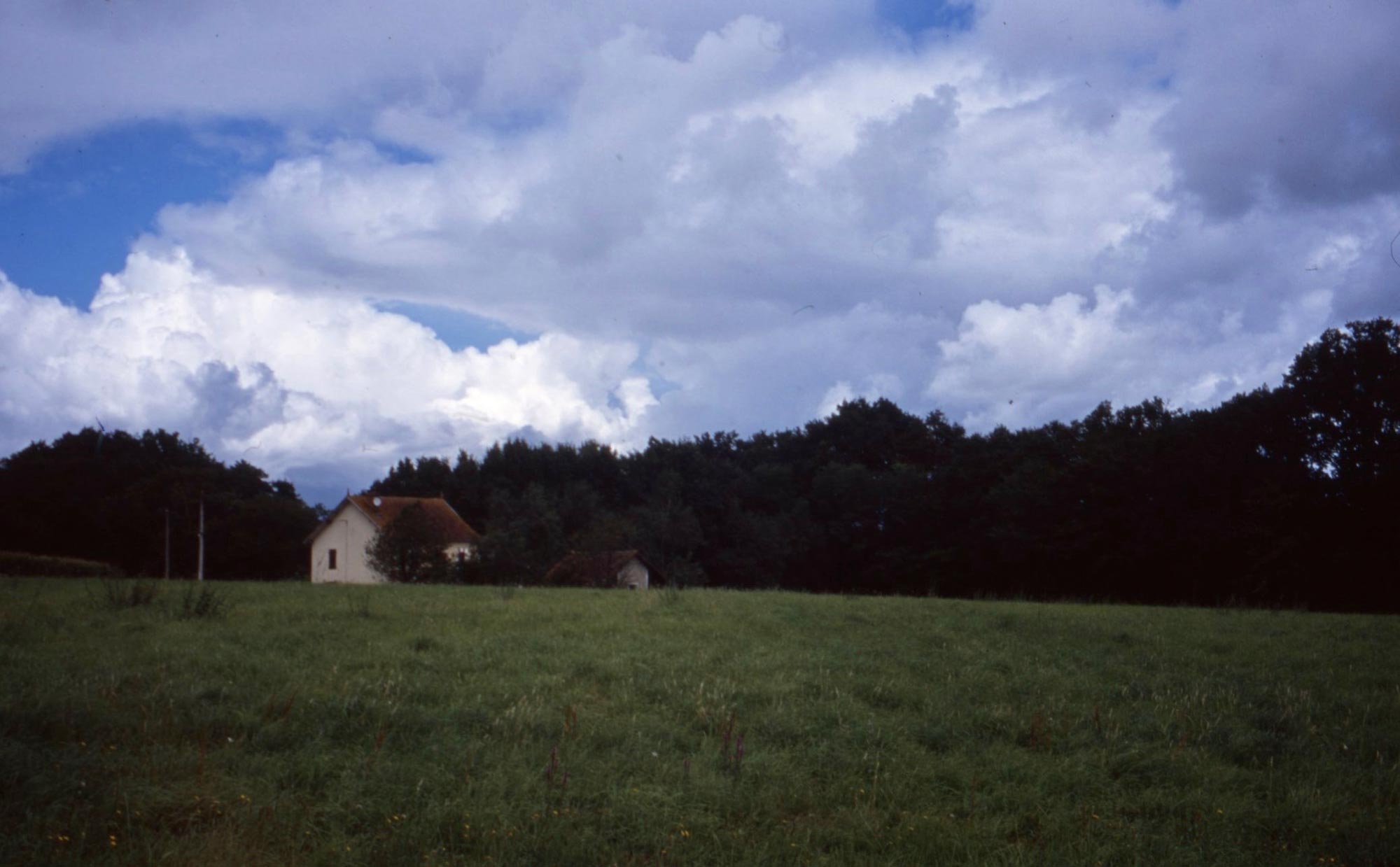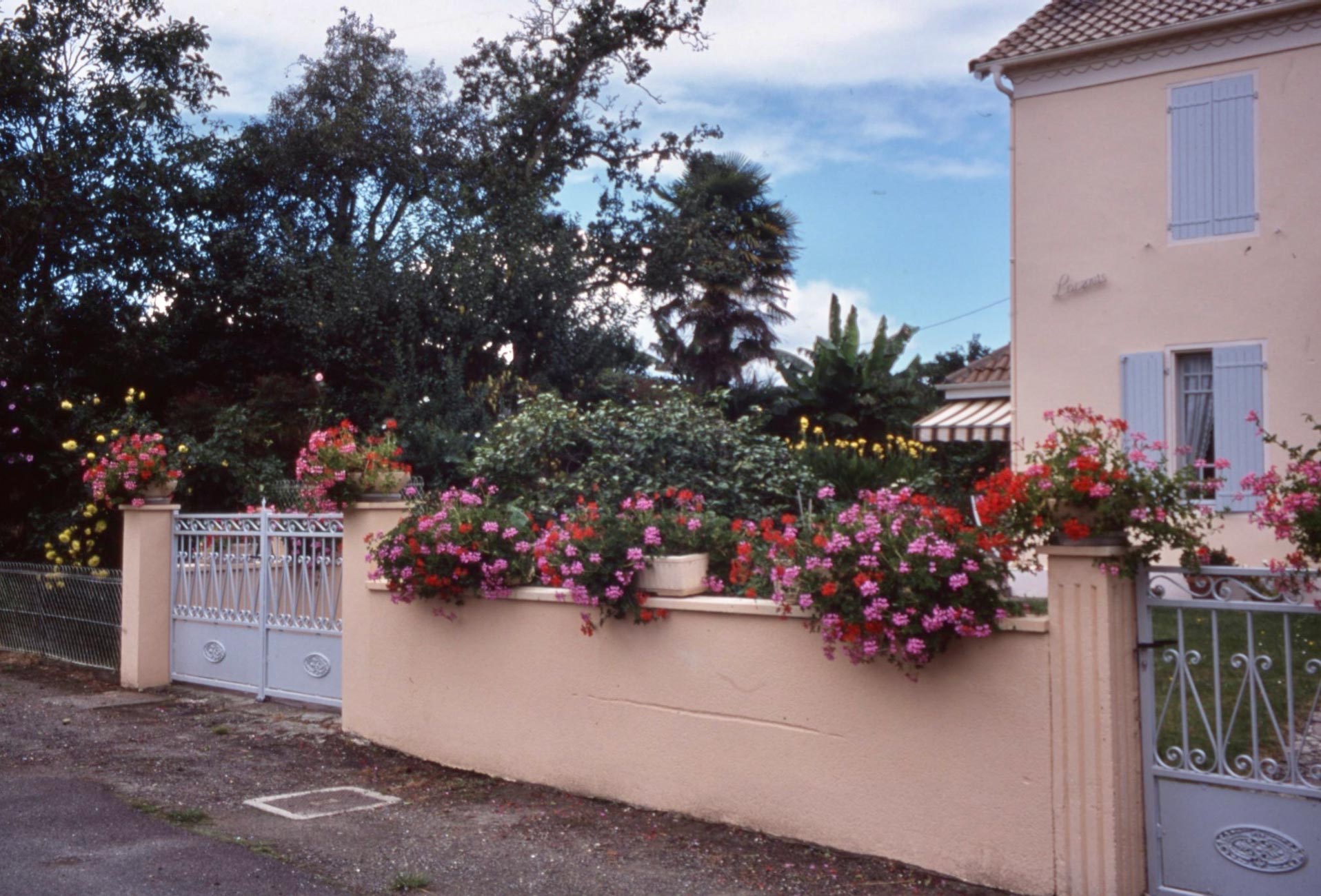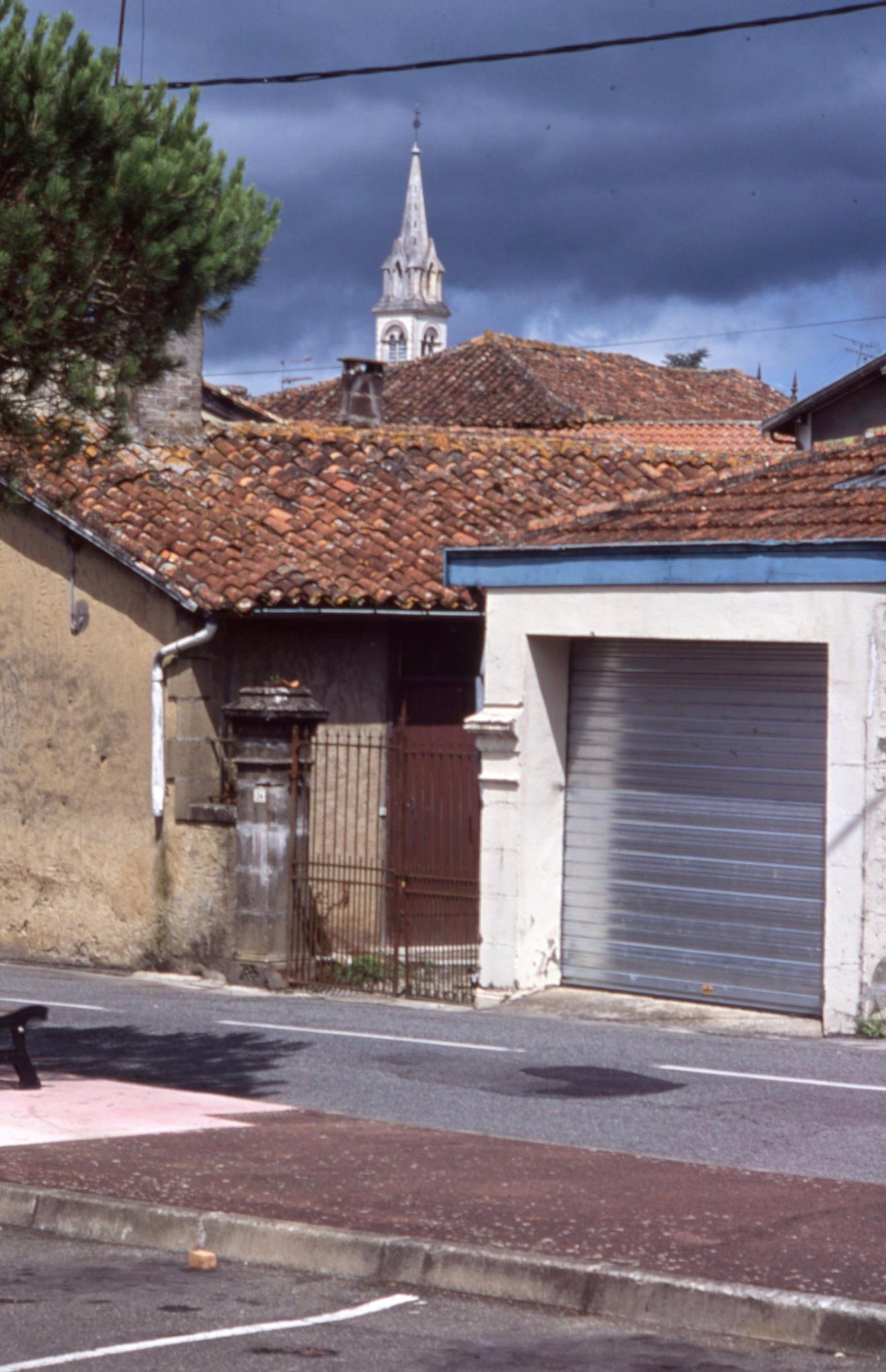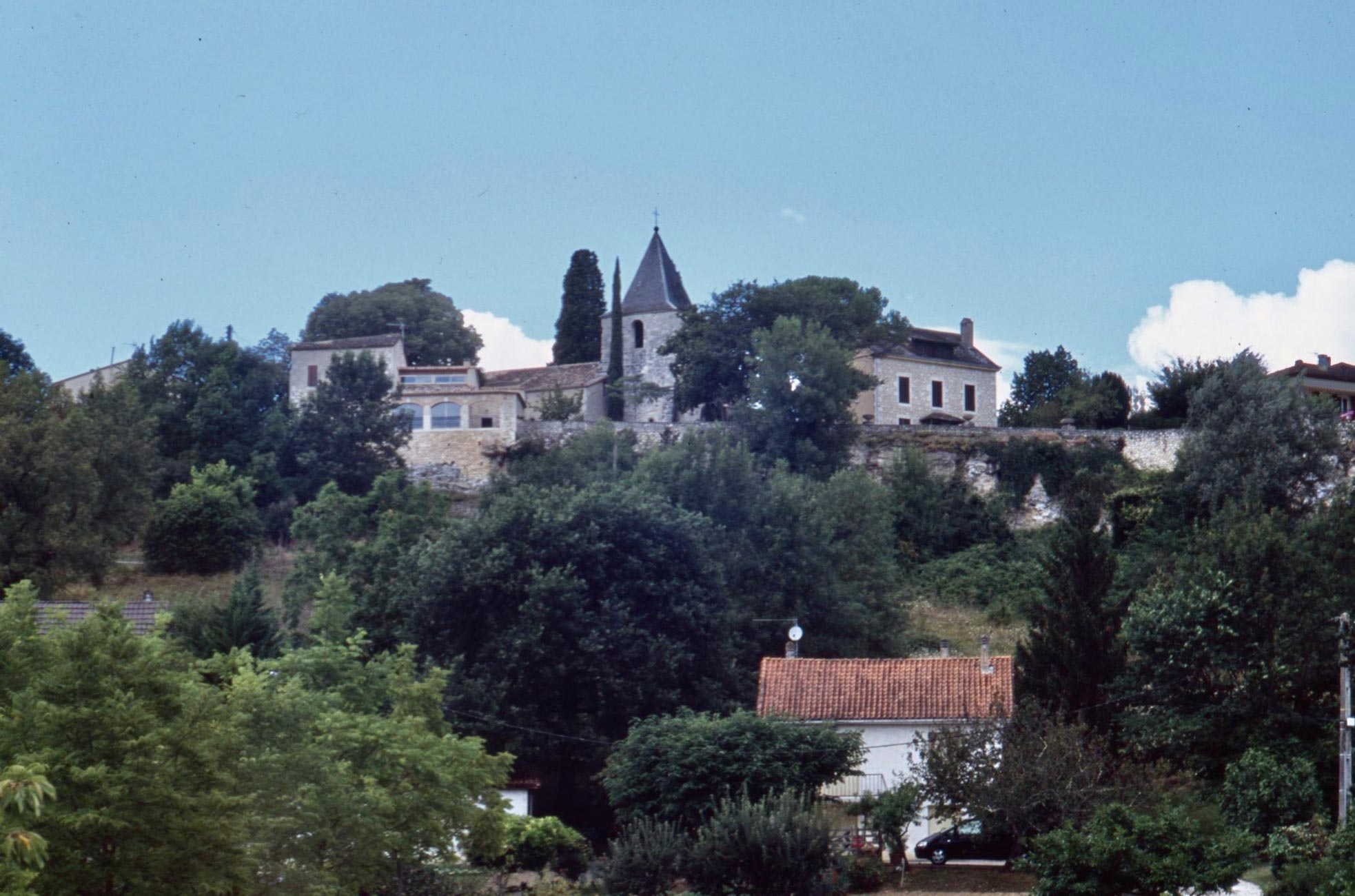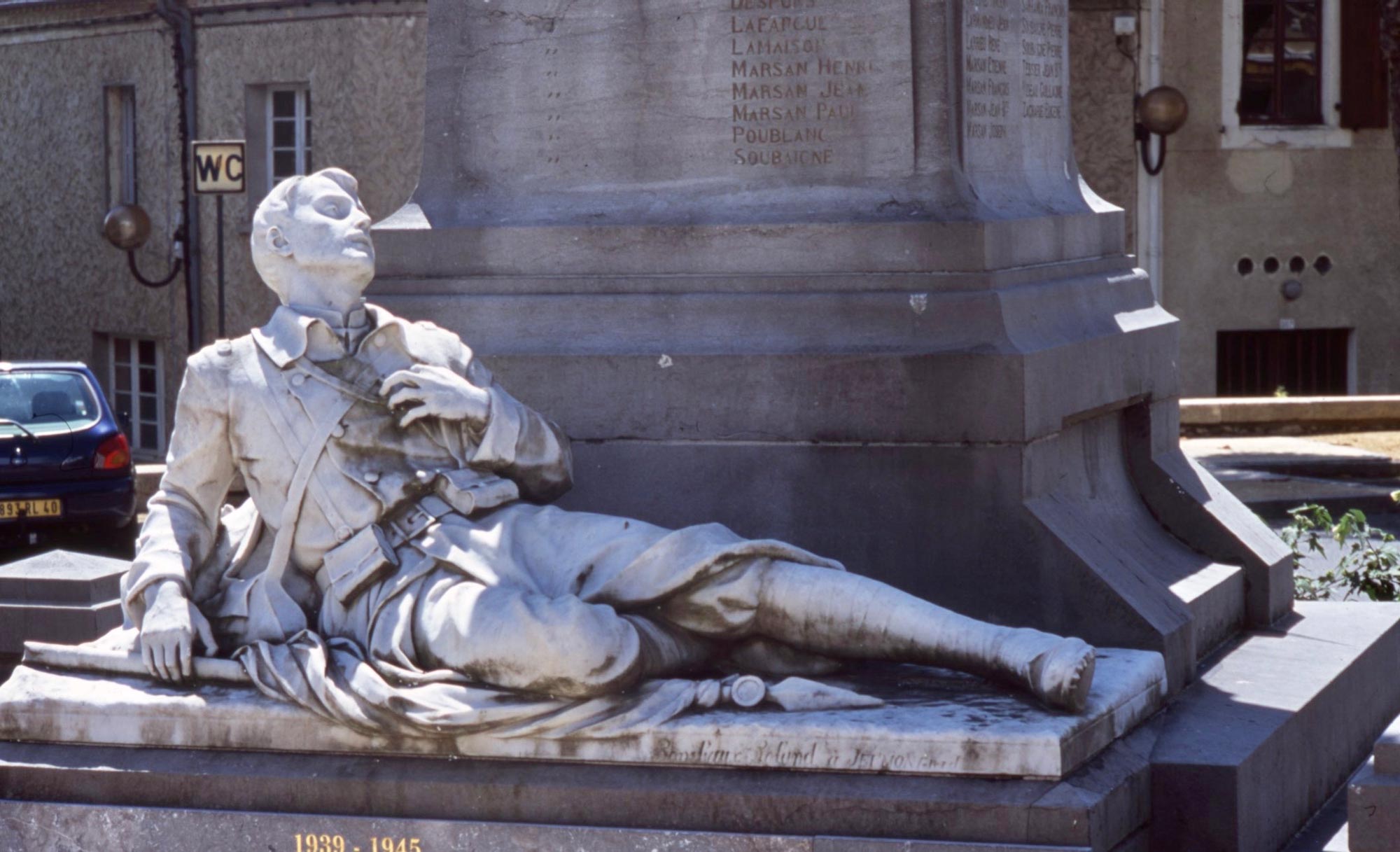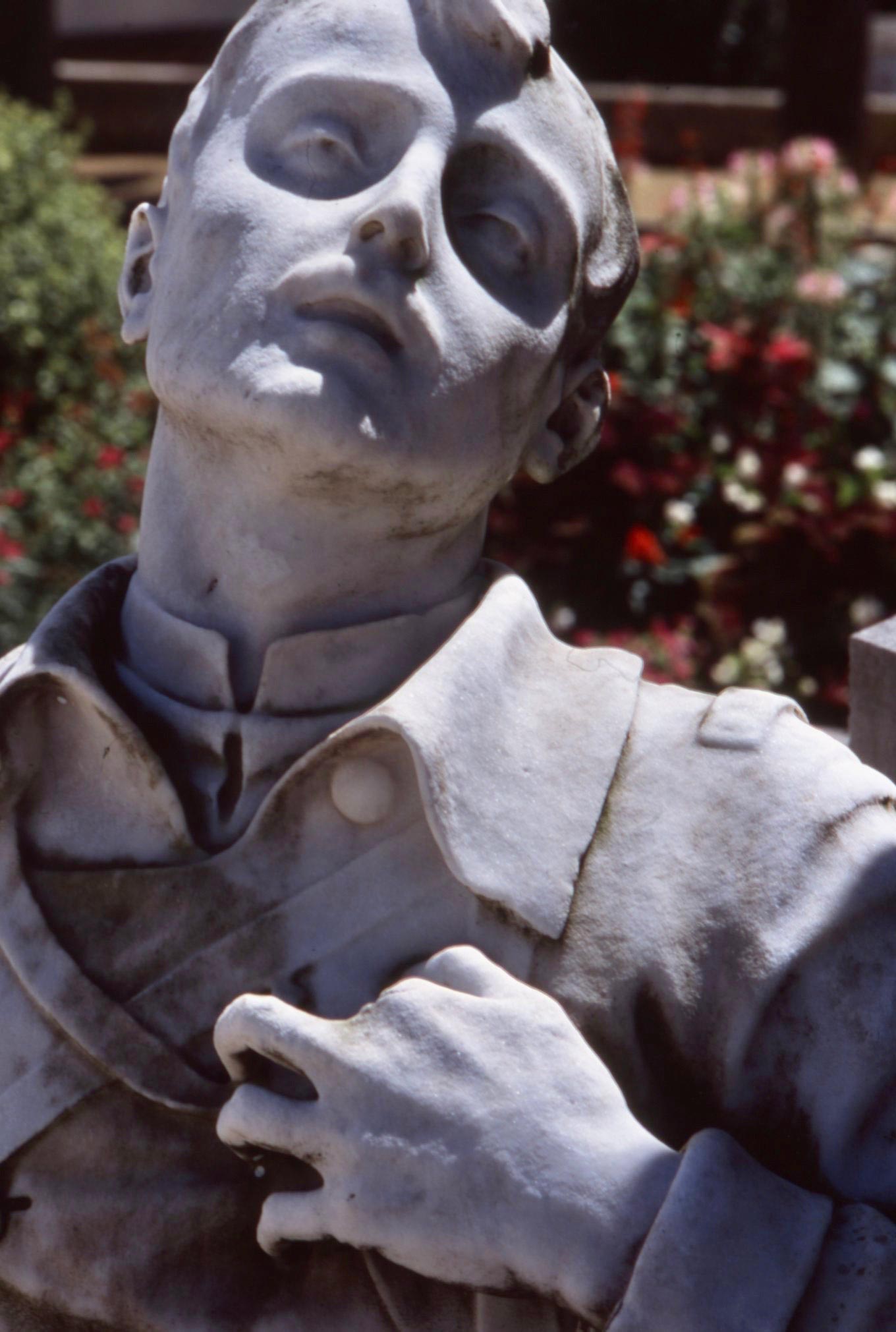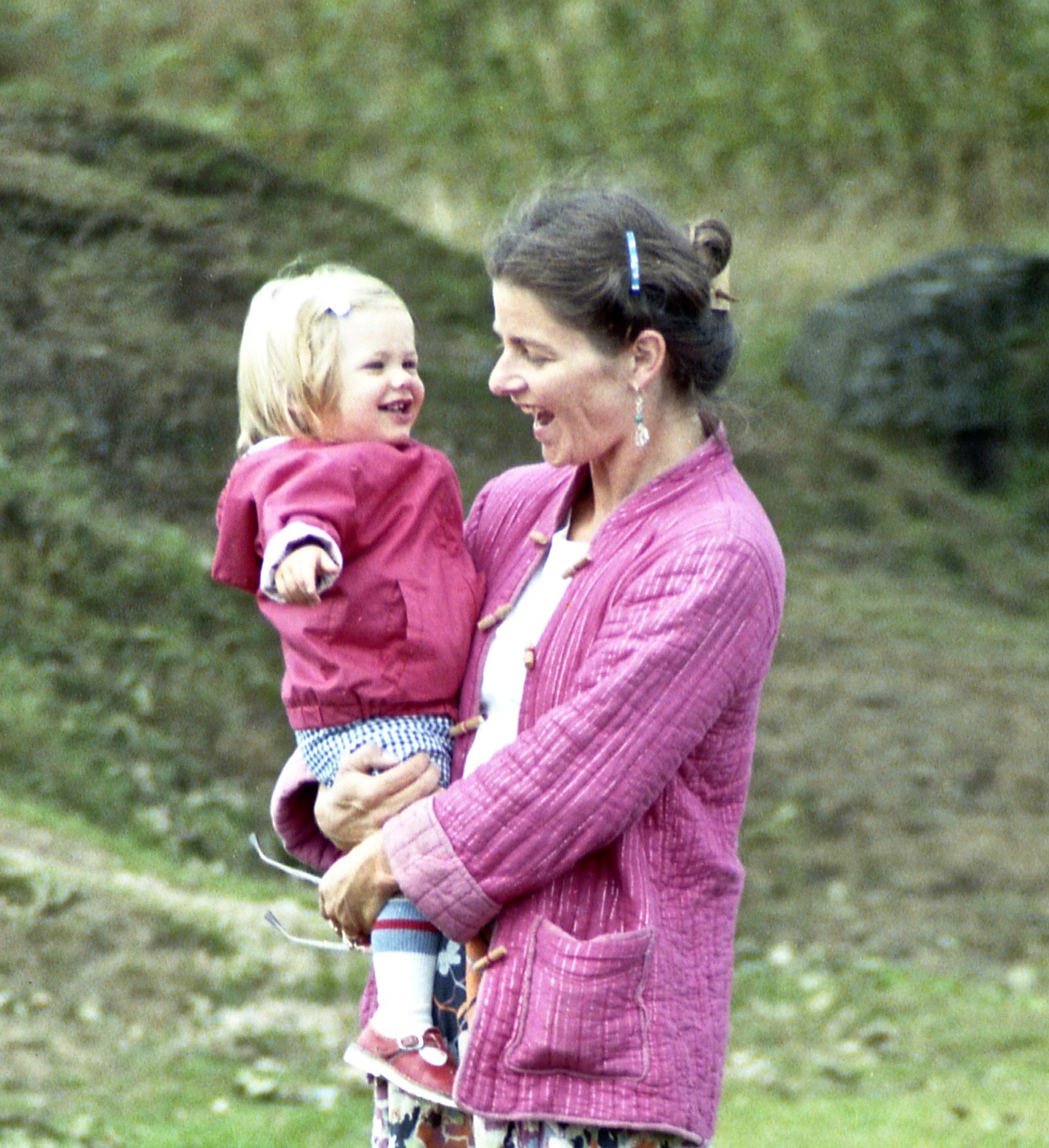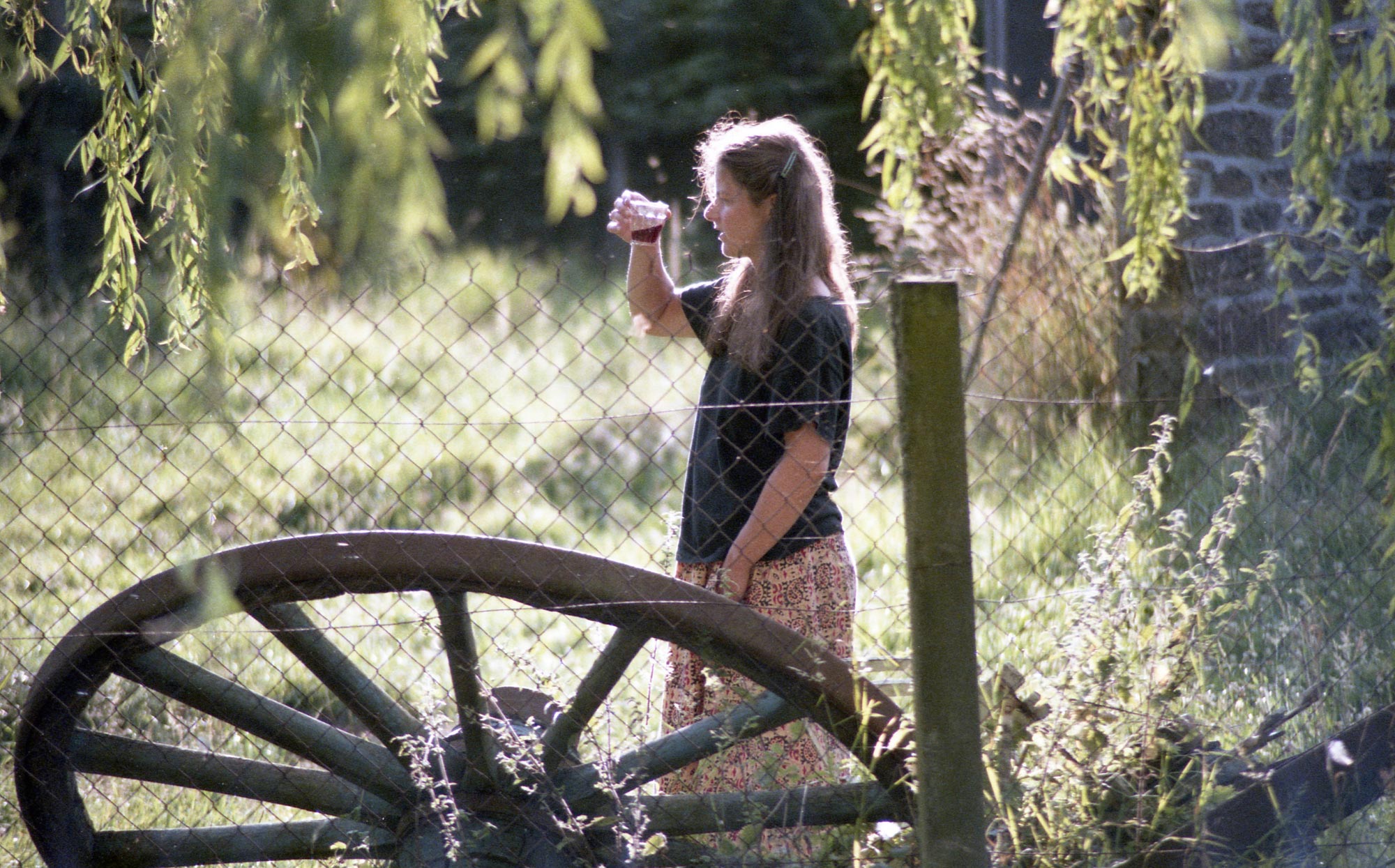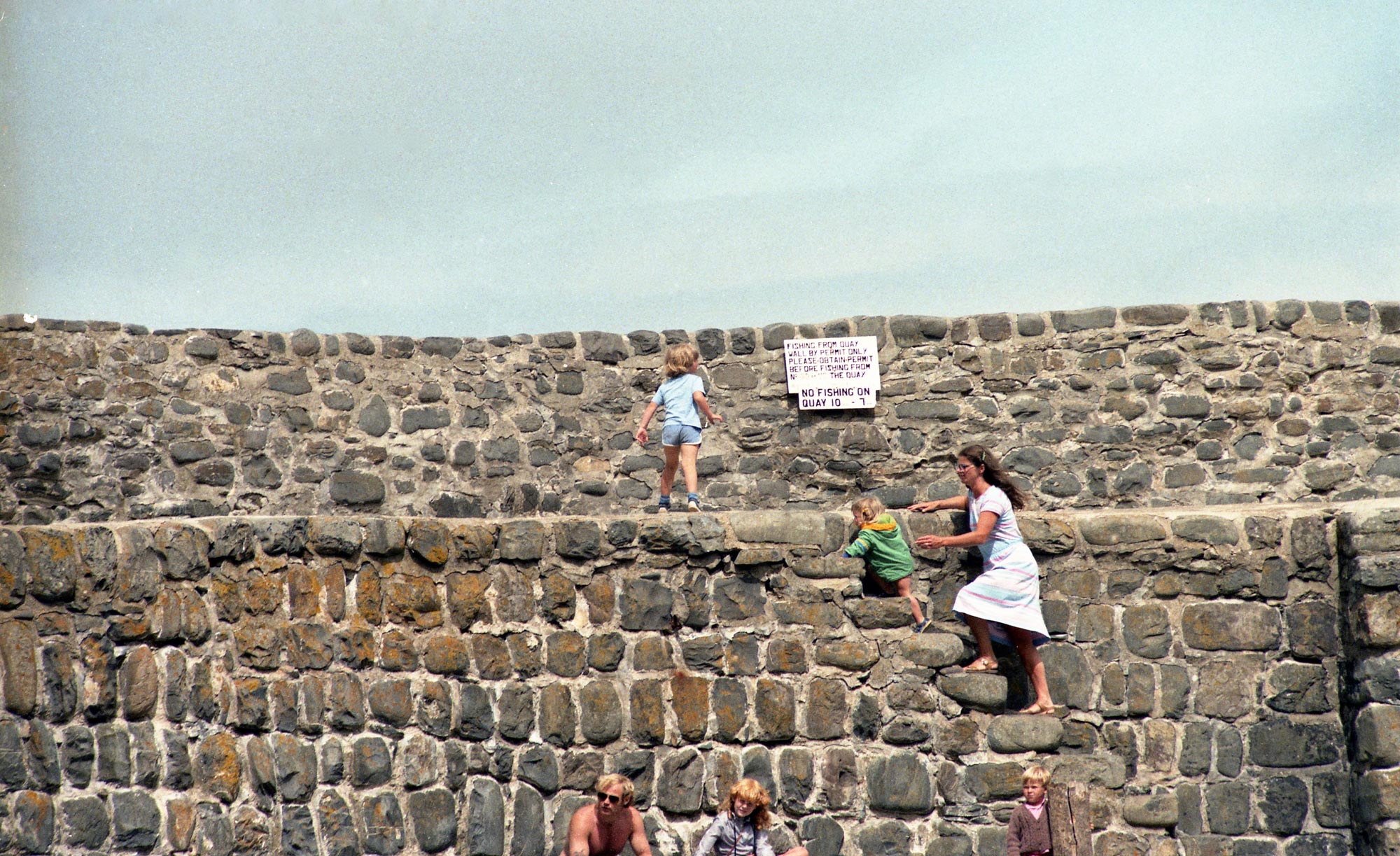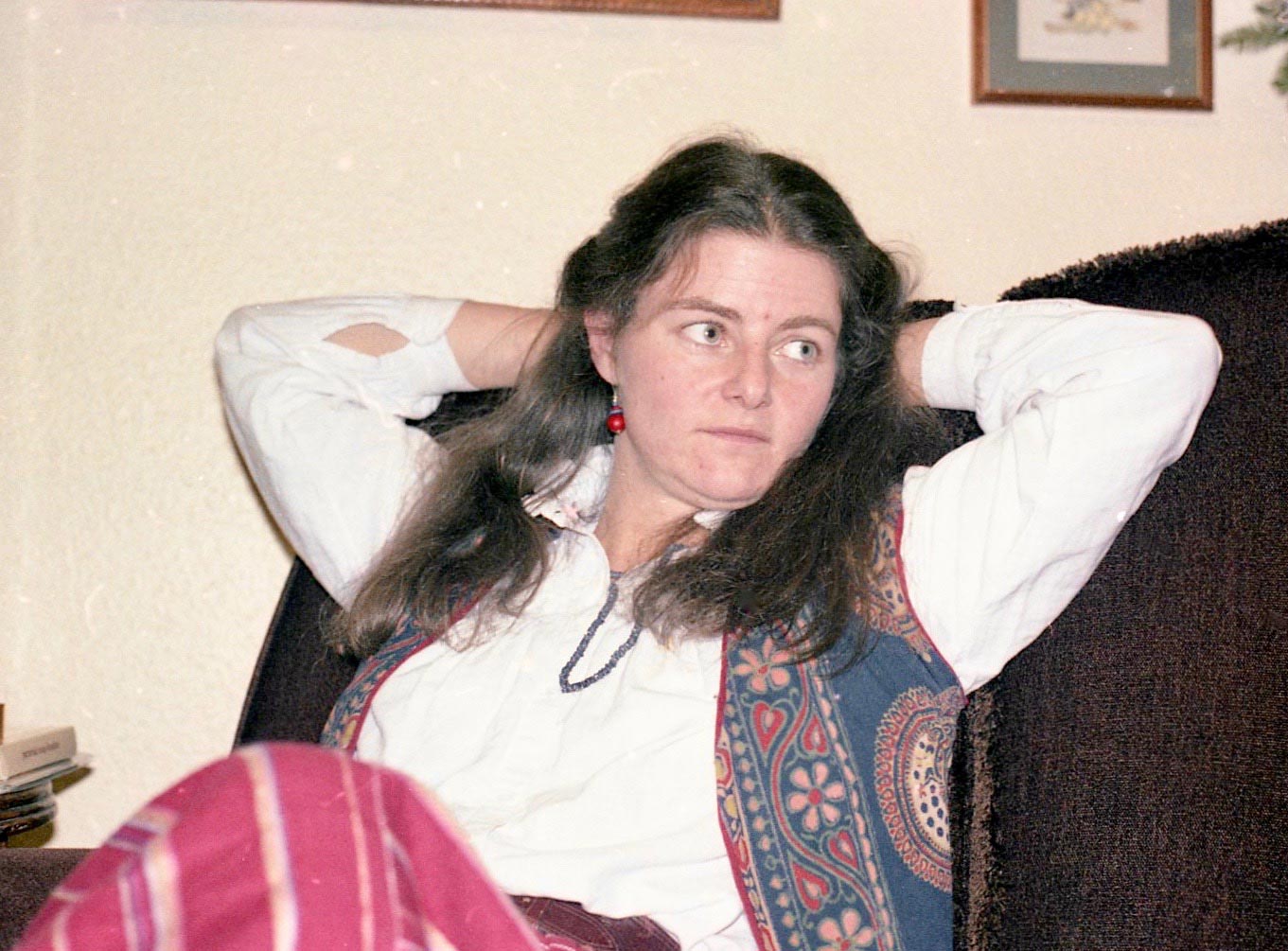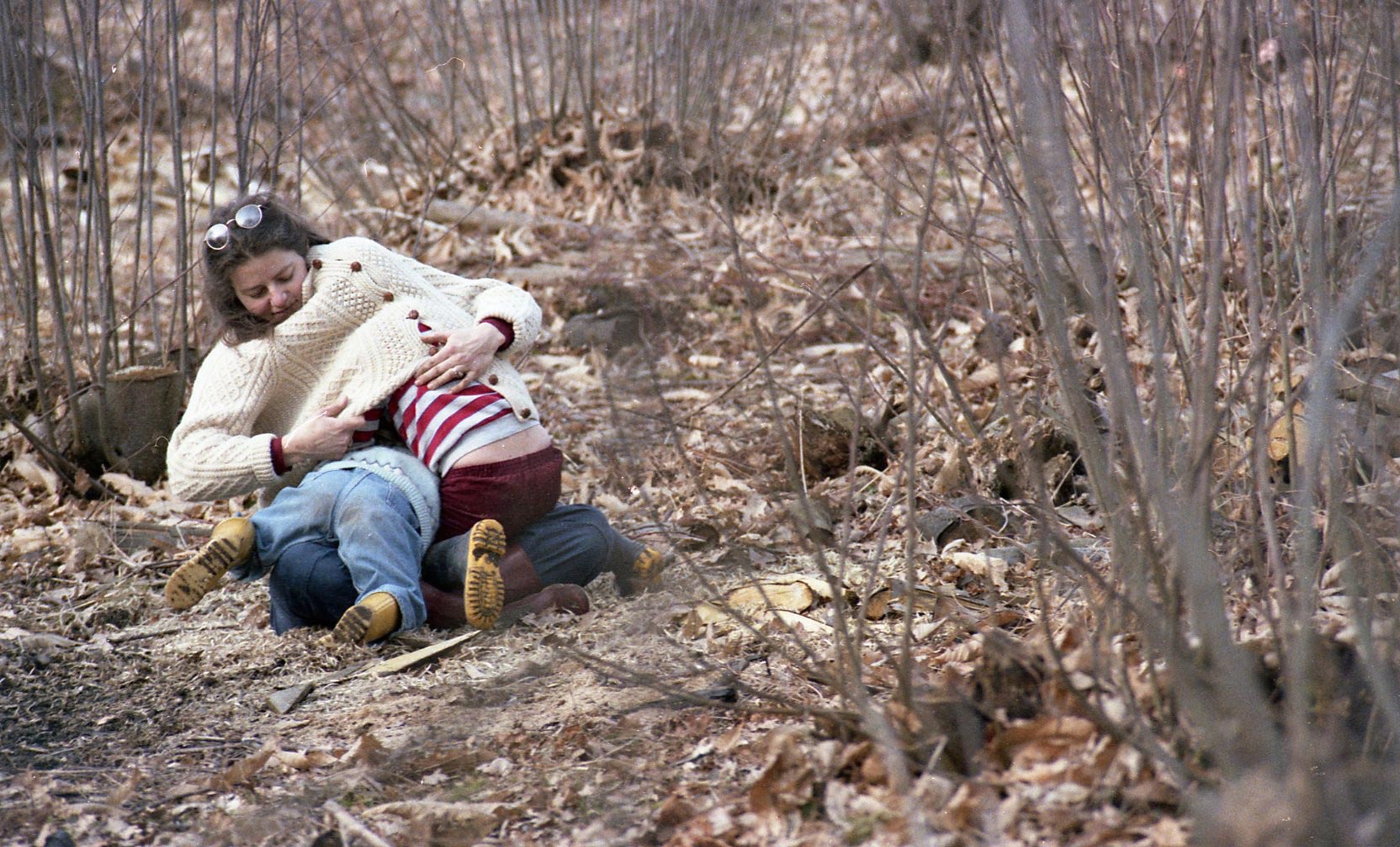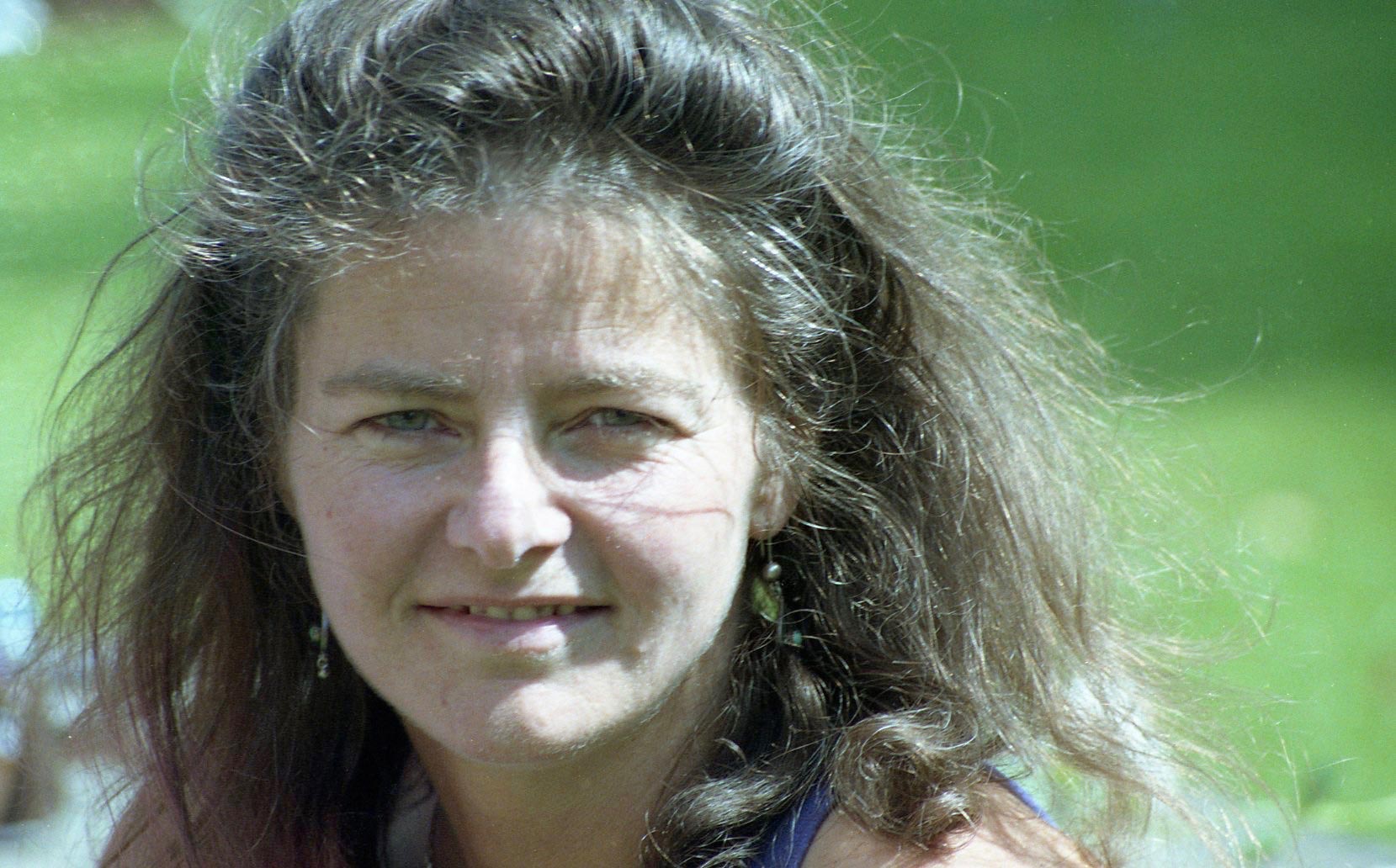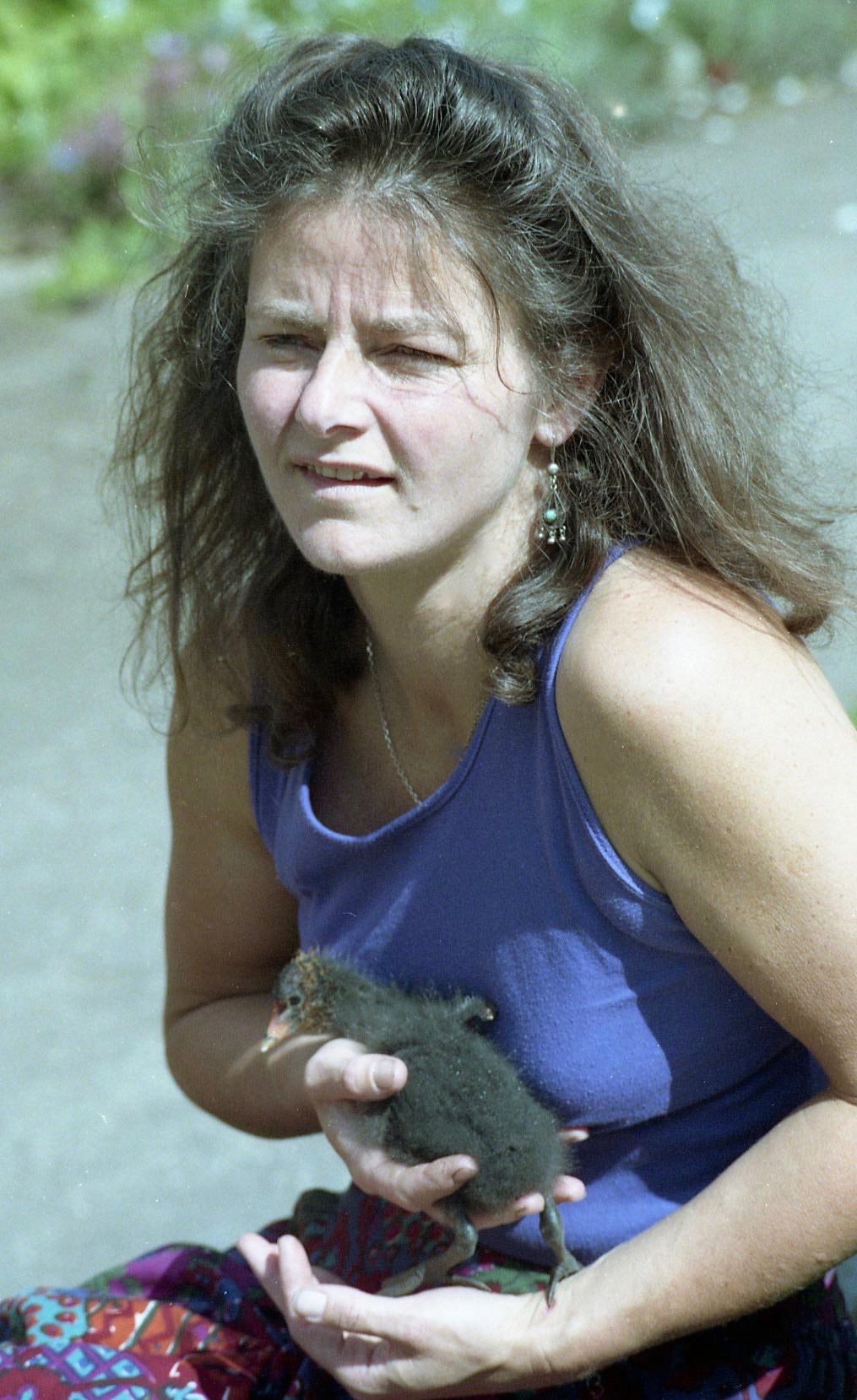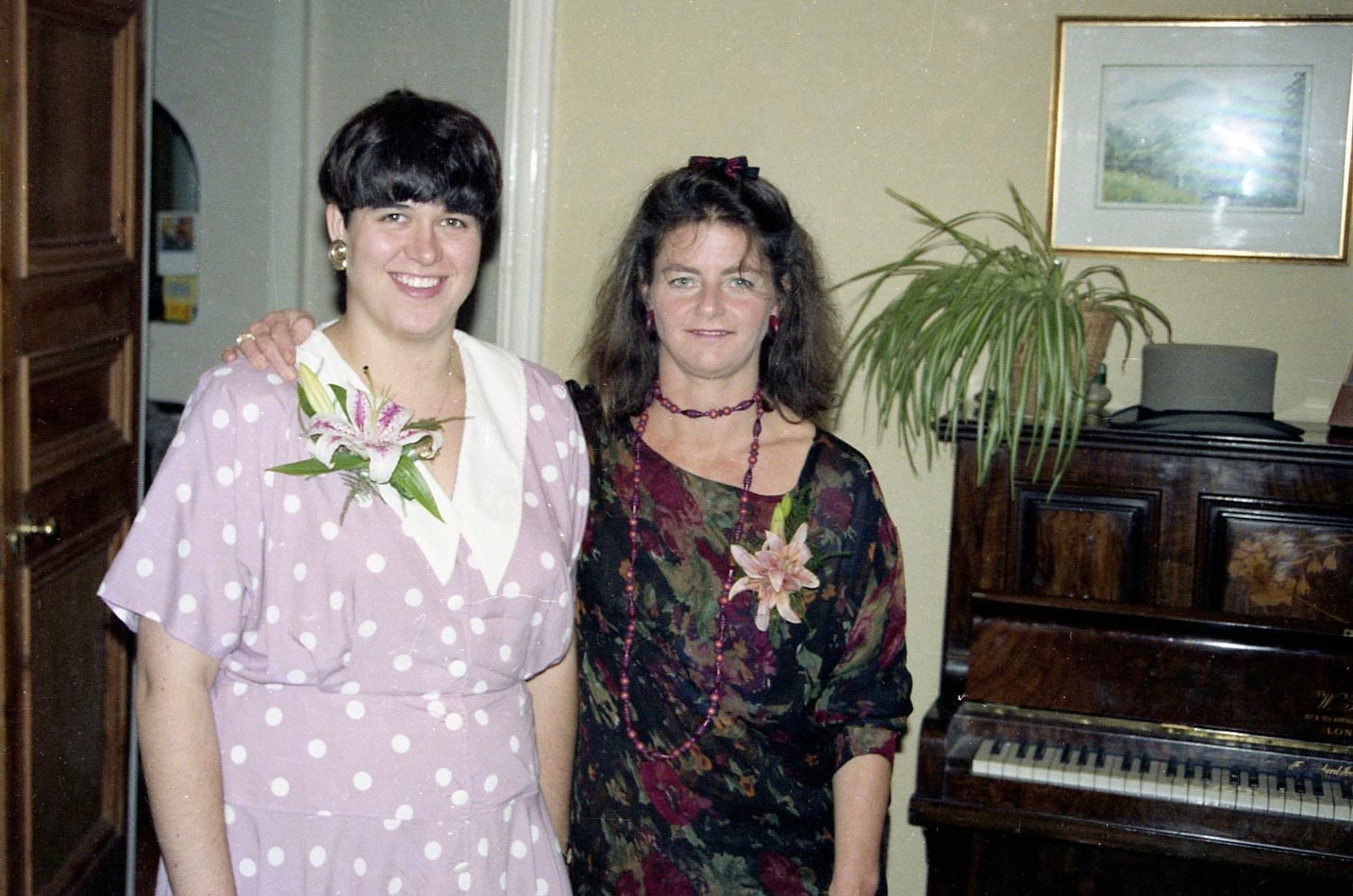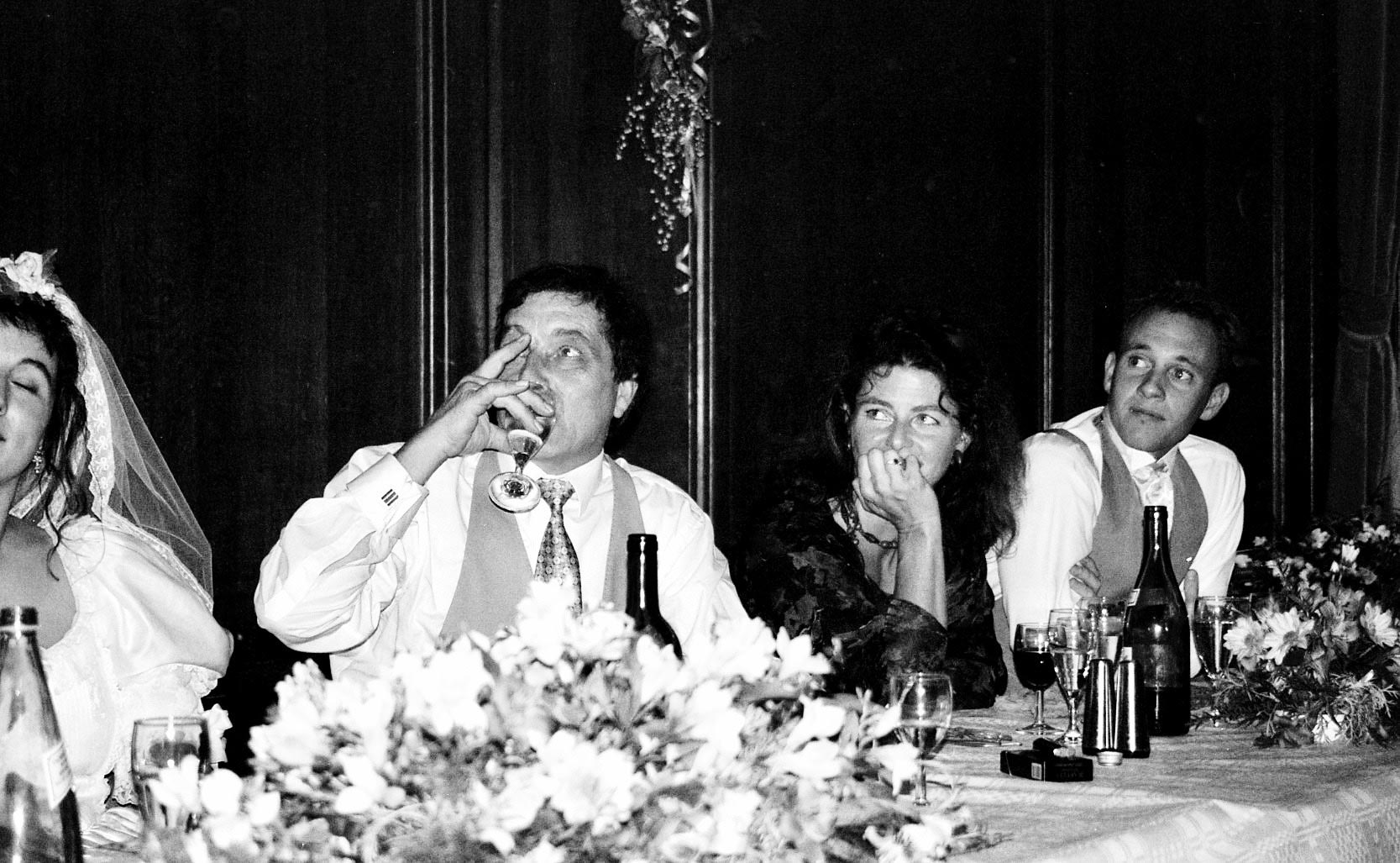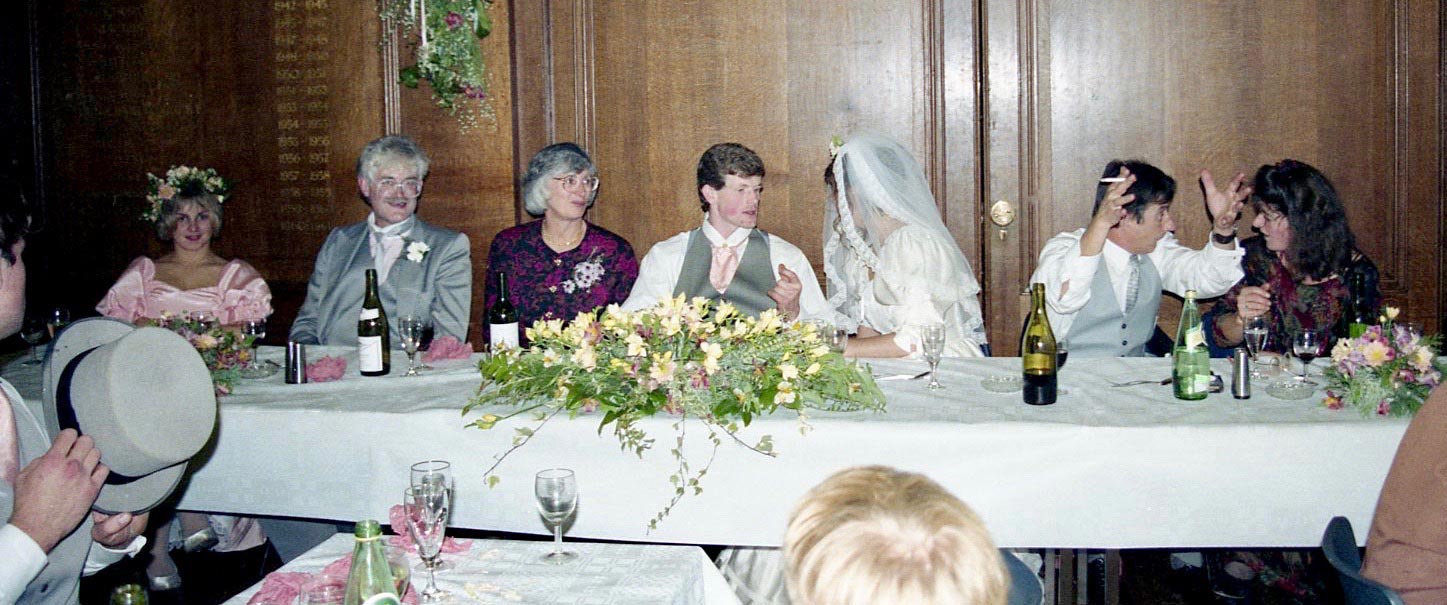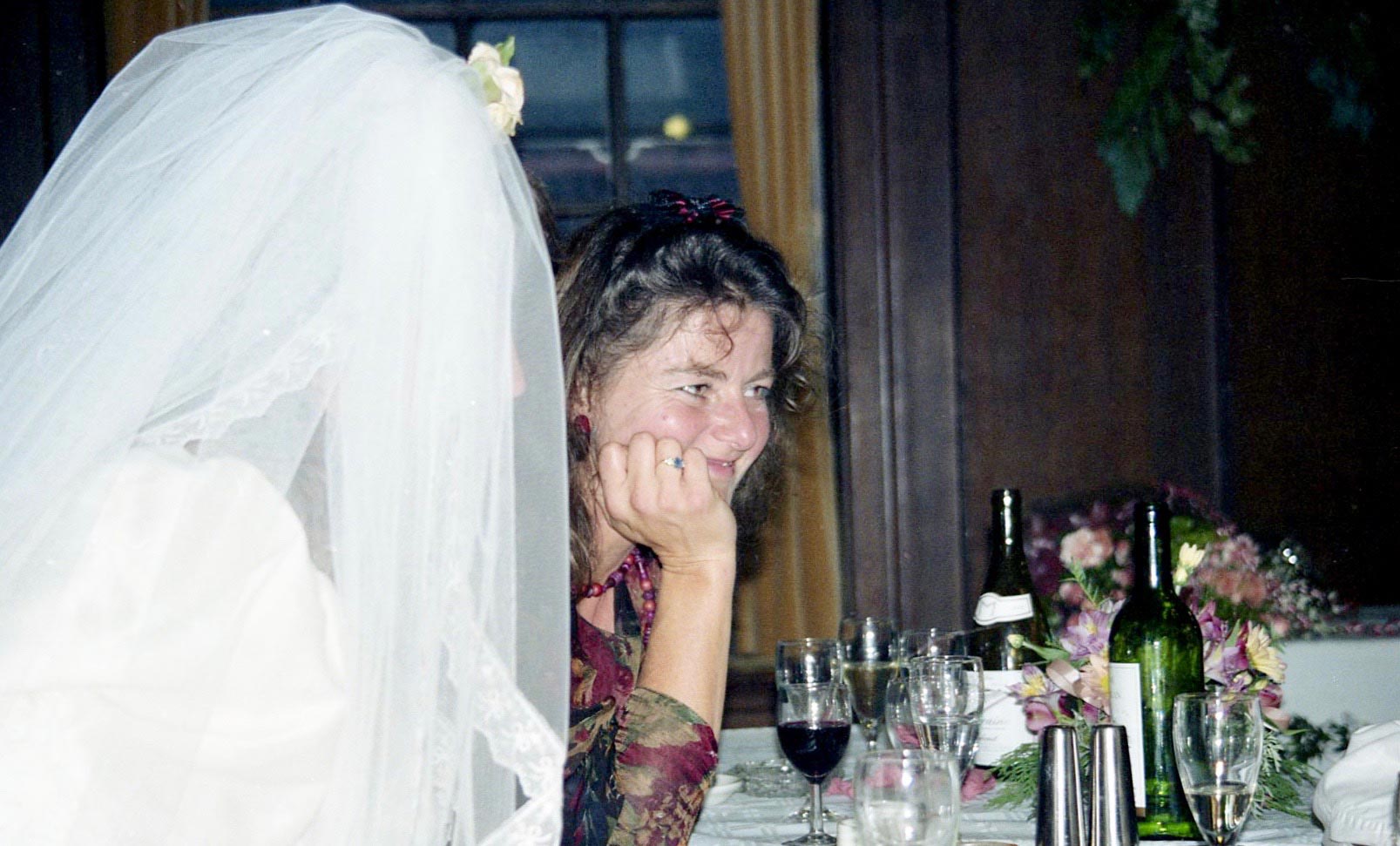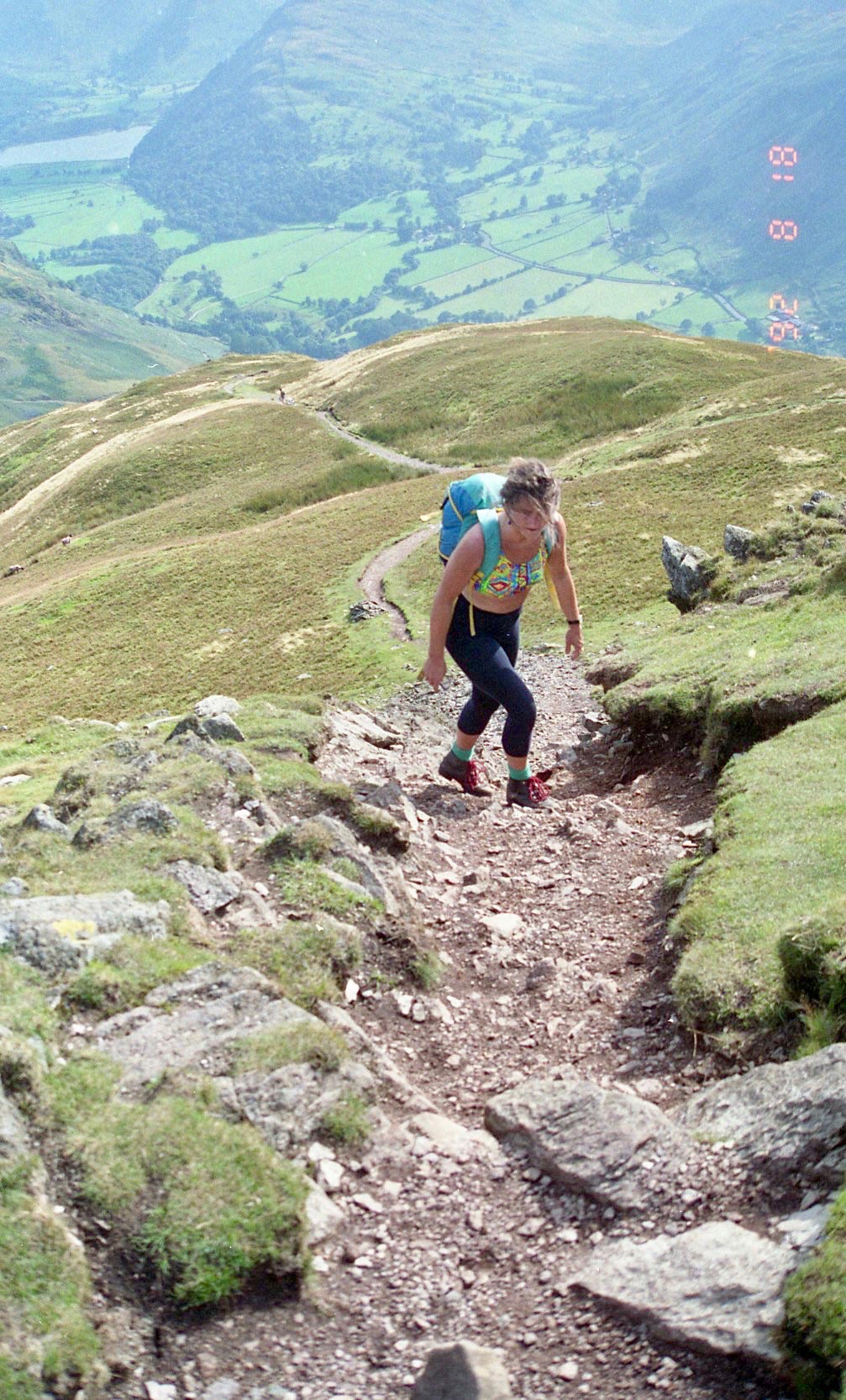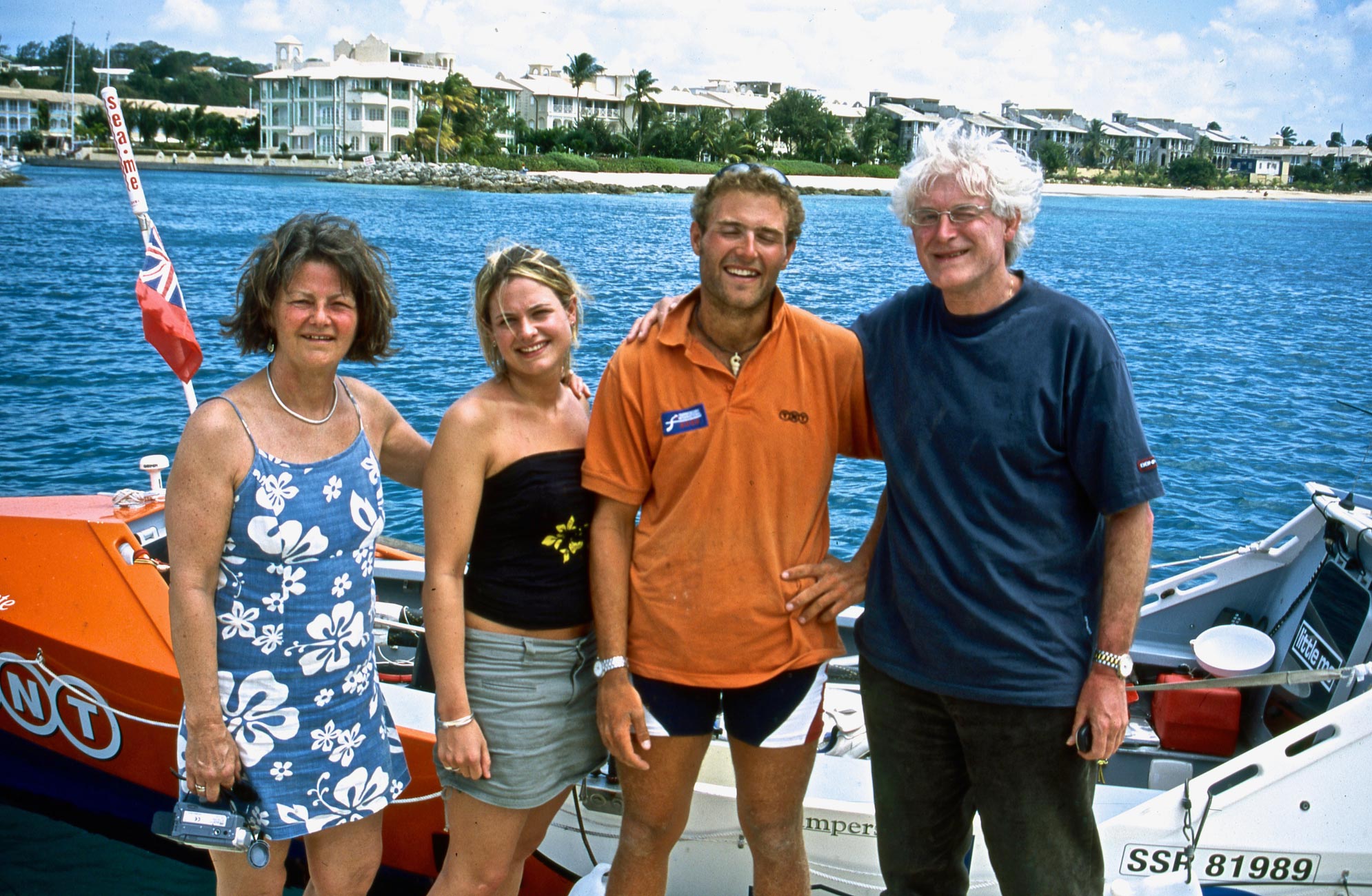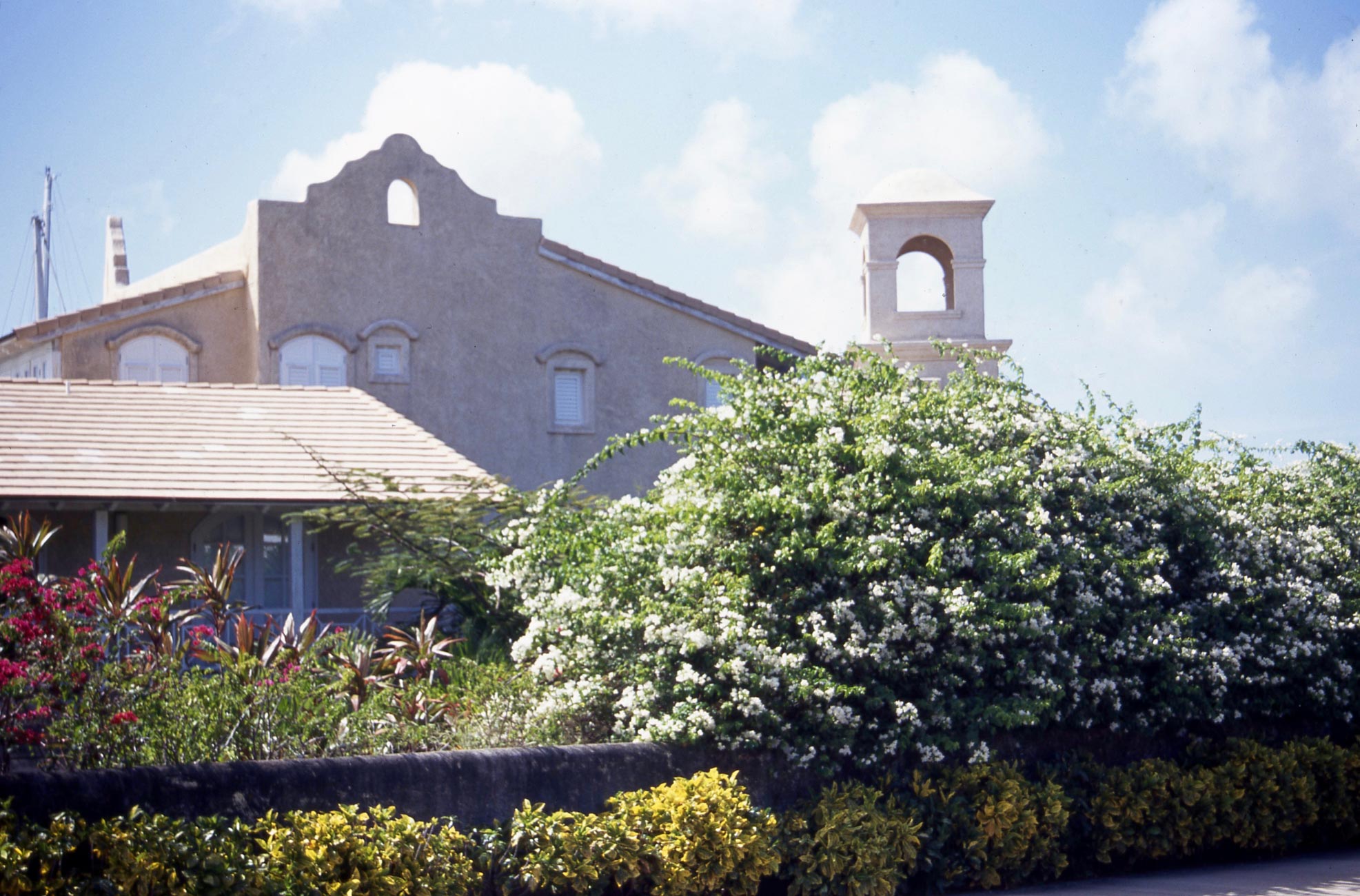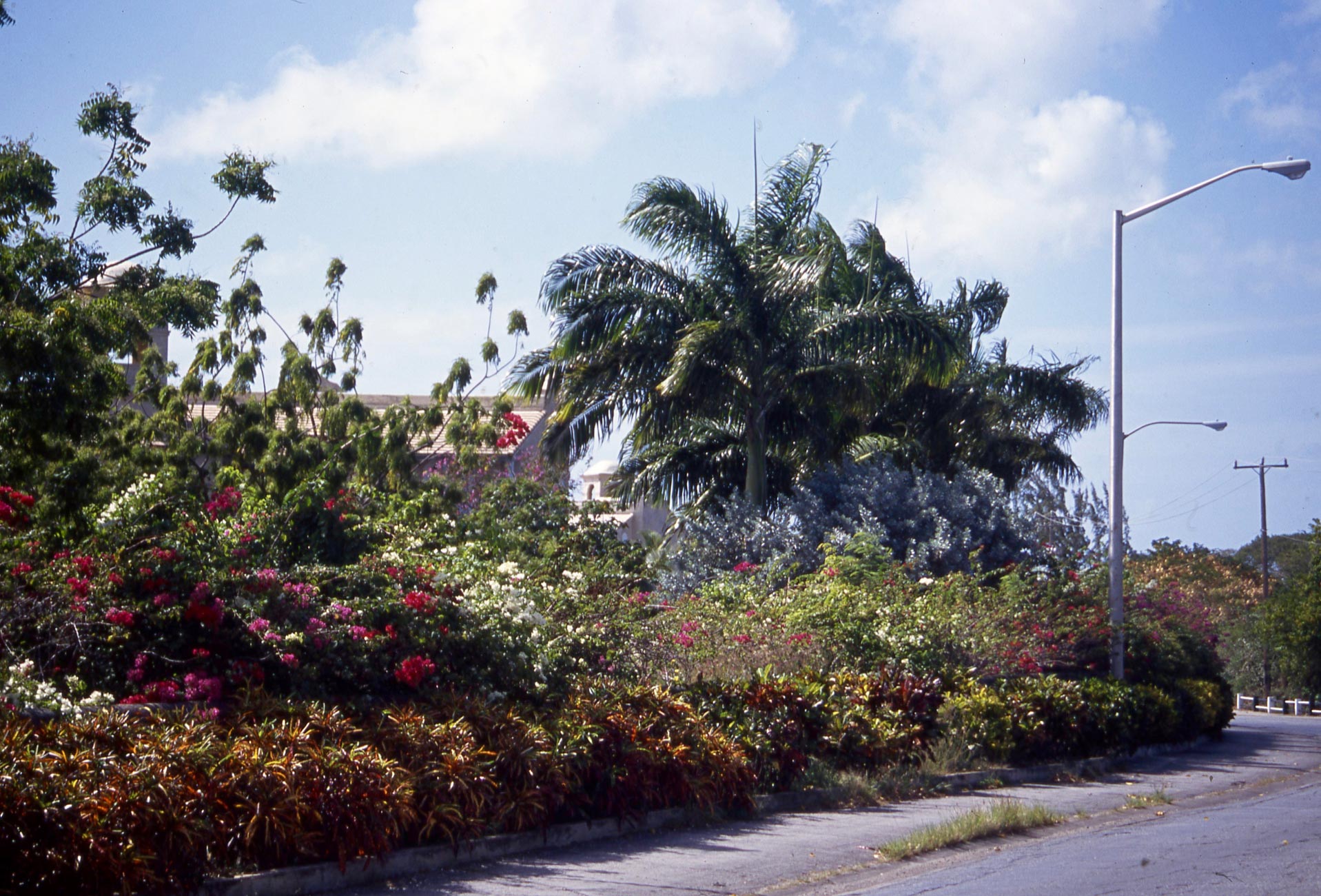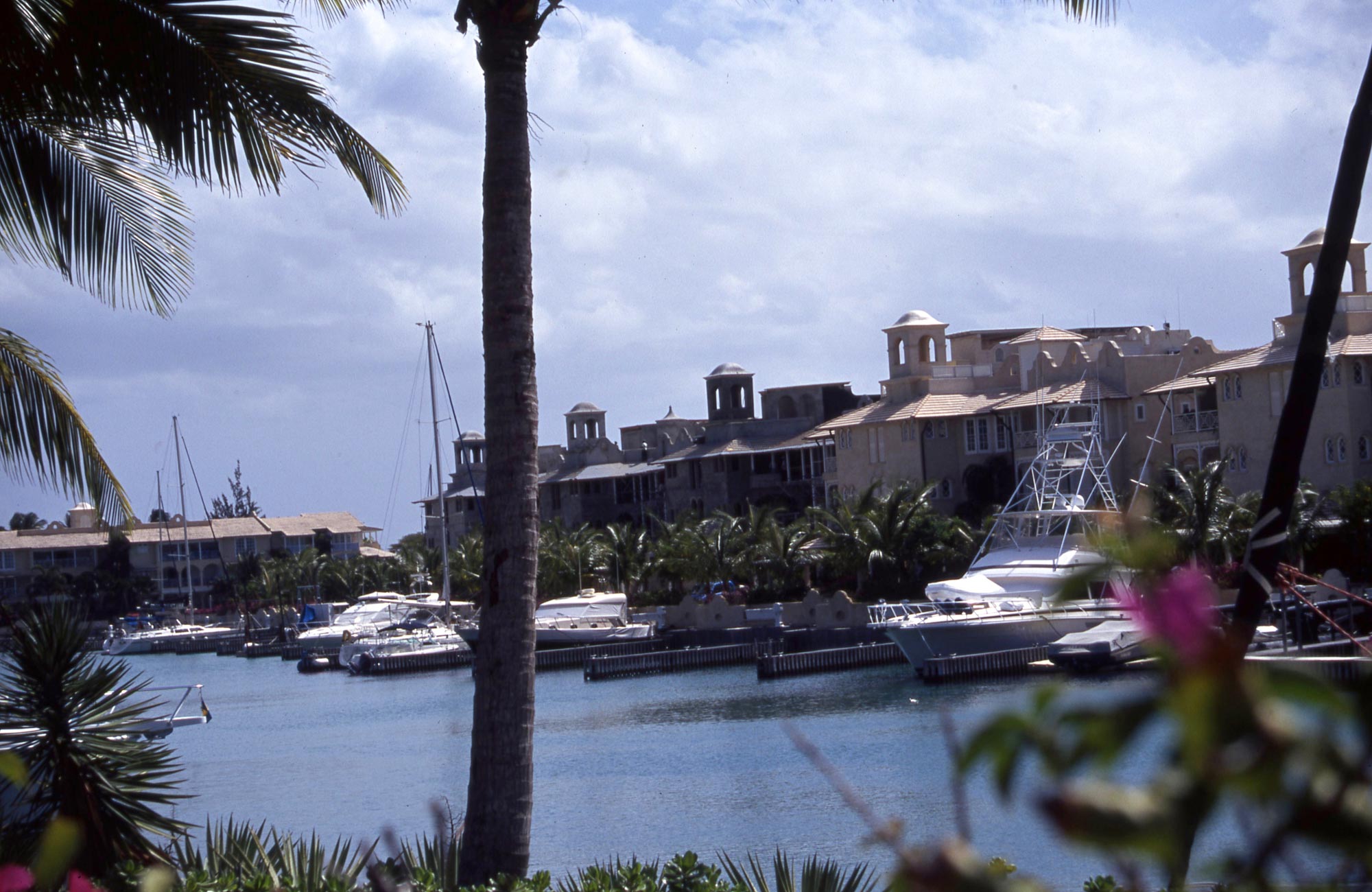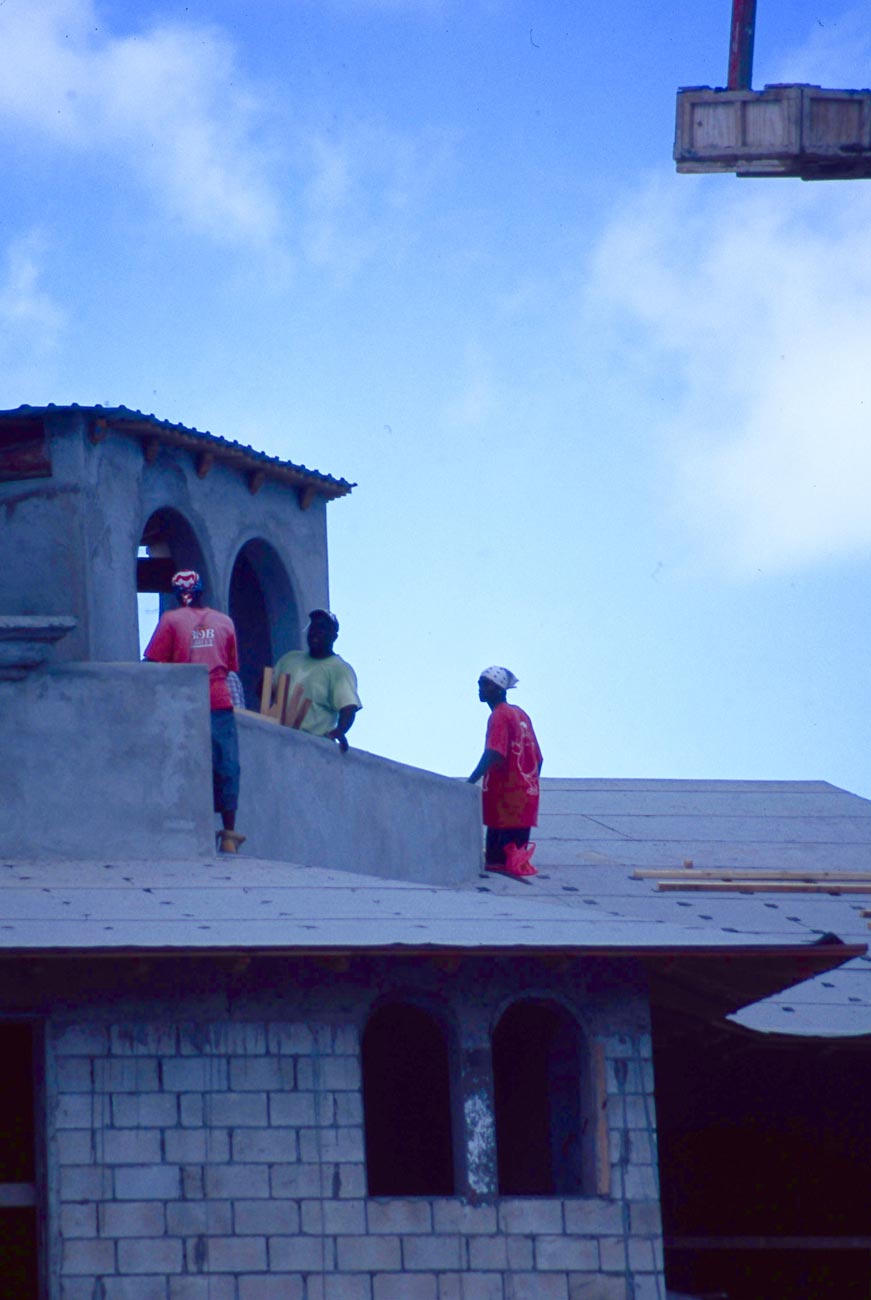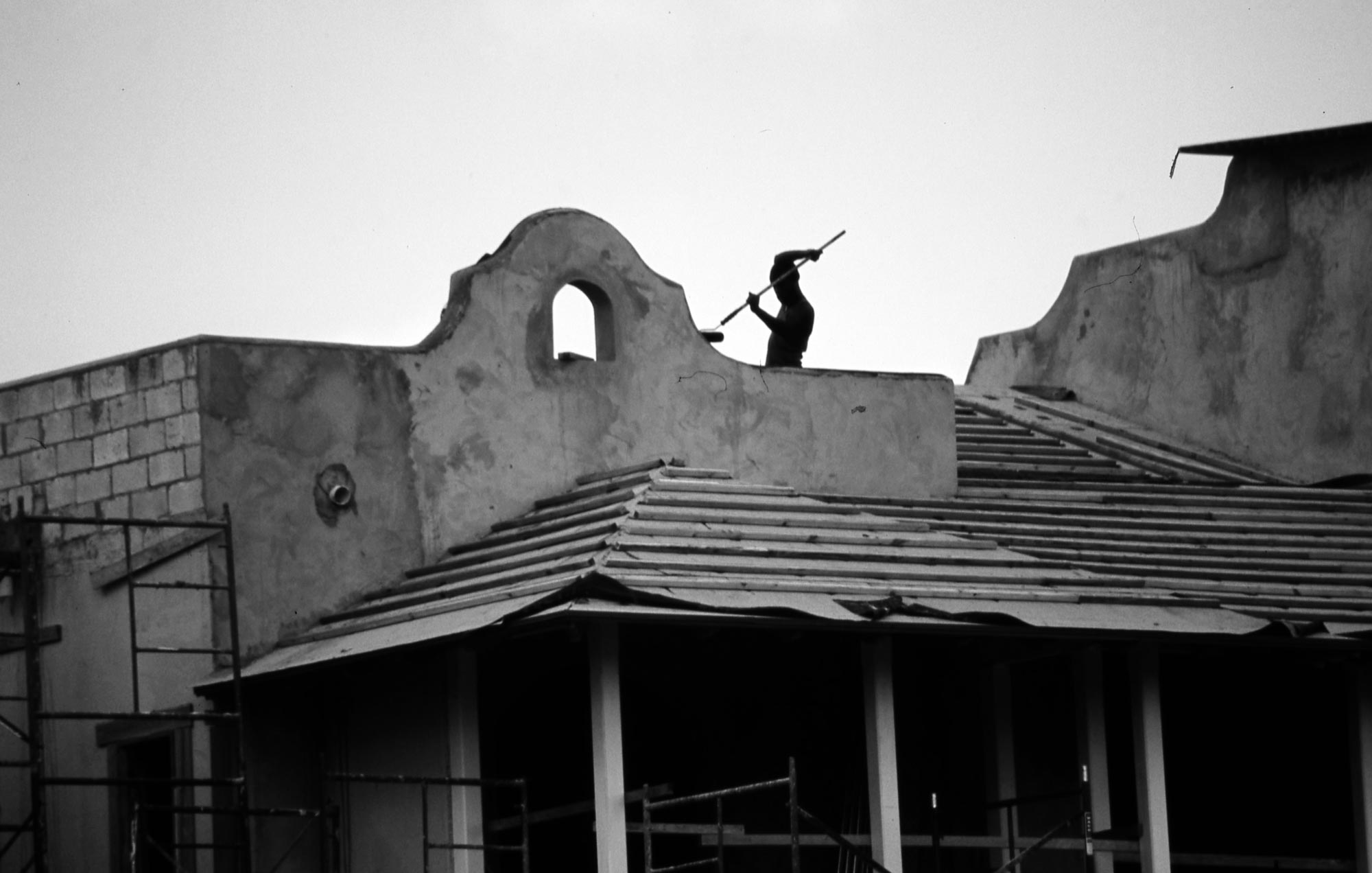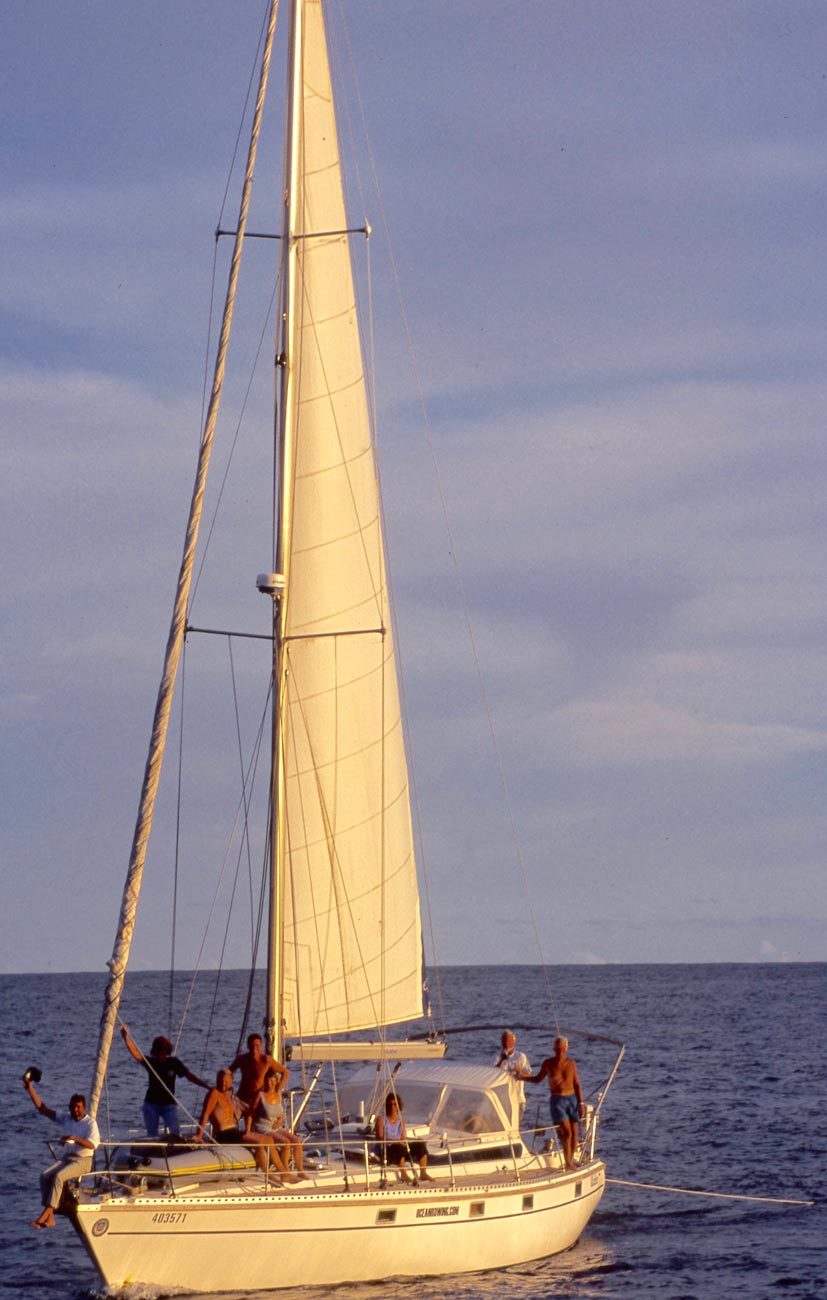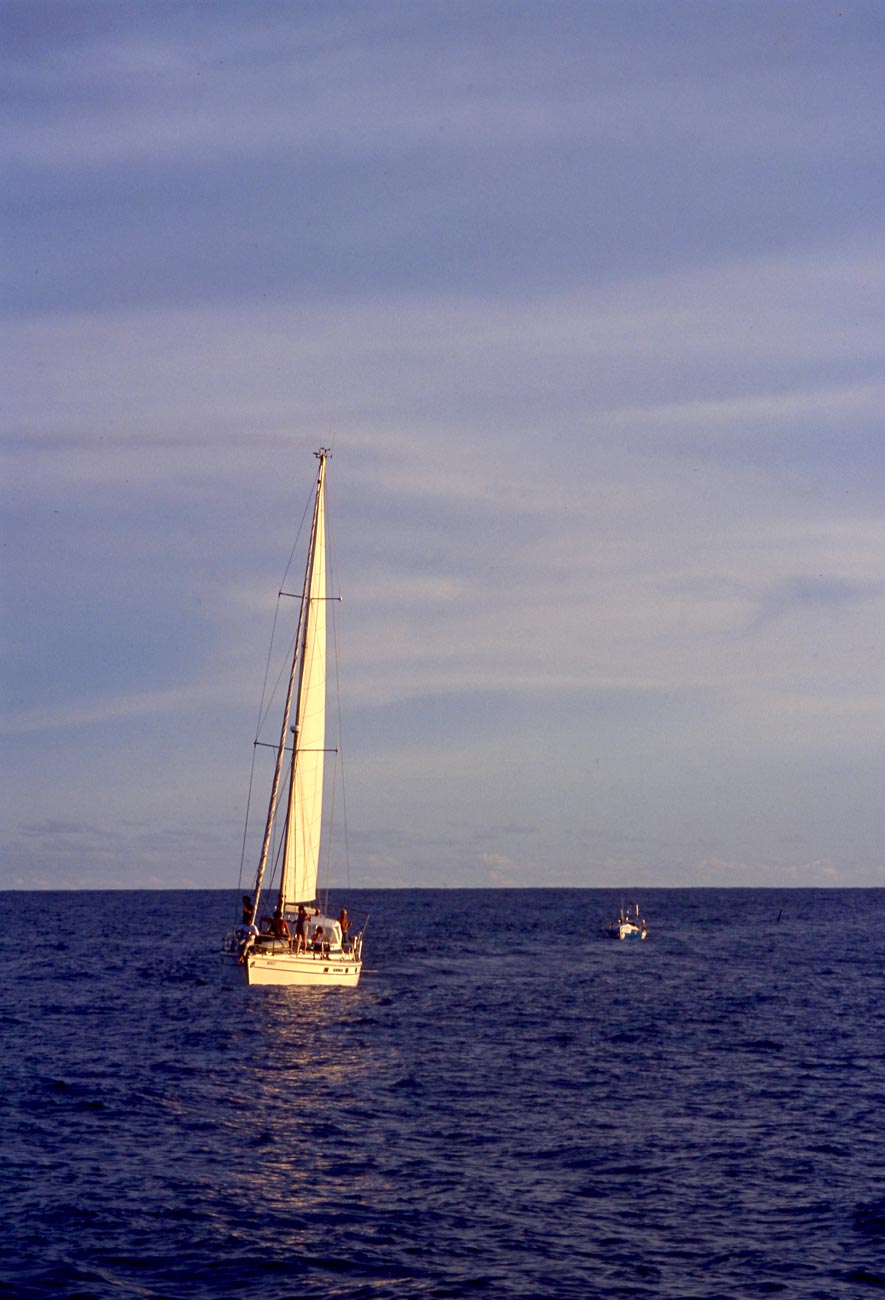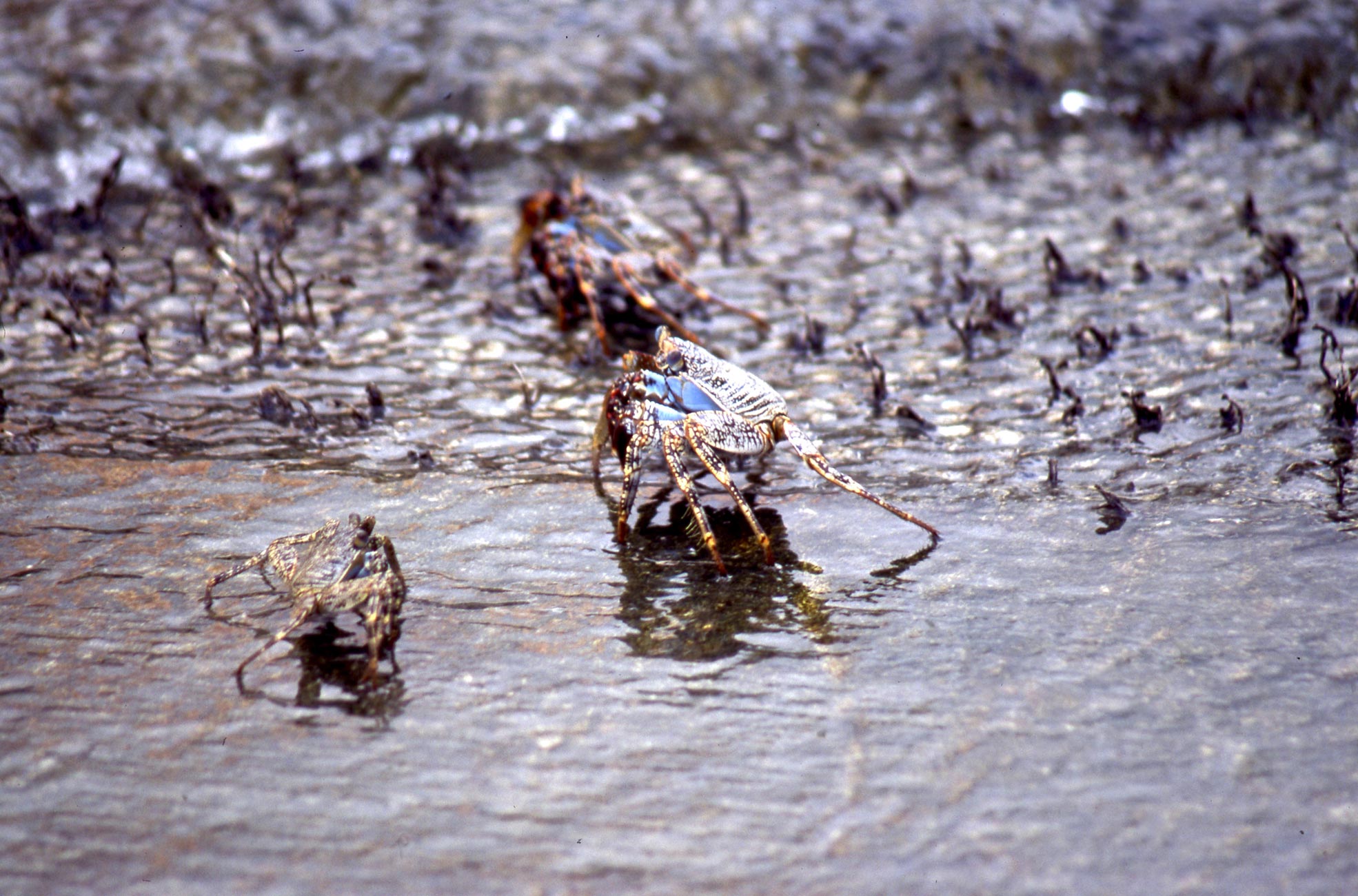


Beaumont is one of the bastide towns to which my friends Maggie and Mike introduced me. Maggie is in the foreground of the third picture; Mike in the distance behind her.
Built during the thirteenth and fourteenth centuries ‘bastides were developed in number under the terms of the Treaty of Paris (1229), which permitted Raymond VII of Toulouse to build new towns in his shattered domains, though not to fortify them. When the Capetian Alphonse of Poitiers inherited, under a marriage stipulated by the treaty, this “bastide founder of unparalleled energy”[5] consolidated his regional control in part through the founding of bastides. Landowners supported development of the bastides in order to generate revenues from taxes on trade rather than tithes(taxes on production). Farmers who elected to move their families to bastides were no longer vassals of the local lord — they became free men; thus the development of bastides contributed to the waning of feudalism. The new inhabitants were encouraged to cultivate the land around the bastide, which in turn attracted trade in the form of merchants and markets. The lord taxed dwellings in the bastides and all trade in the market. The legal footing on which the bastides were set was that of paréage with the local ruling power, based on a formal written contractual agreement between the landholder and a count of Toulouse, a king of France, or a king of England. The landholder might be a cartel of local lords or the abbot of a local monastery.’ (Wikipedia)
During the medieval Hundred Years War between England and France, the French rapidly fortified those towns that had not succumbed in the early destruction. Ownership tended to fluctuate between the two warring Houses, and when it was their turn, the English made good use of the fortifications that had been so effective against them. In fact, various websites inform us that Beaumont-du-Perigord was founded by England’s King Edward I in 1272.
The //about-france.com website claims that ‘the “Bastide” towns of southwest France are a growing tourist attraction, and comprise one of the largest collections of well-preserved mediaeval townscapes to be found anywhere in Europe’, Beaumont-du-Perigord, being a fine example.
Unfortunately I cannot be certain which was the next such town I visited with Maggie and Mike in September 2003, but I think it was Monpazier, founded by the English to keep out the French in 1285. It was to change hands between these two nations several times in the following few decades.

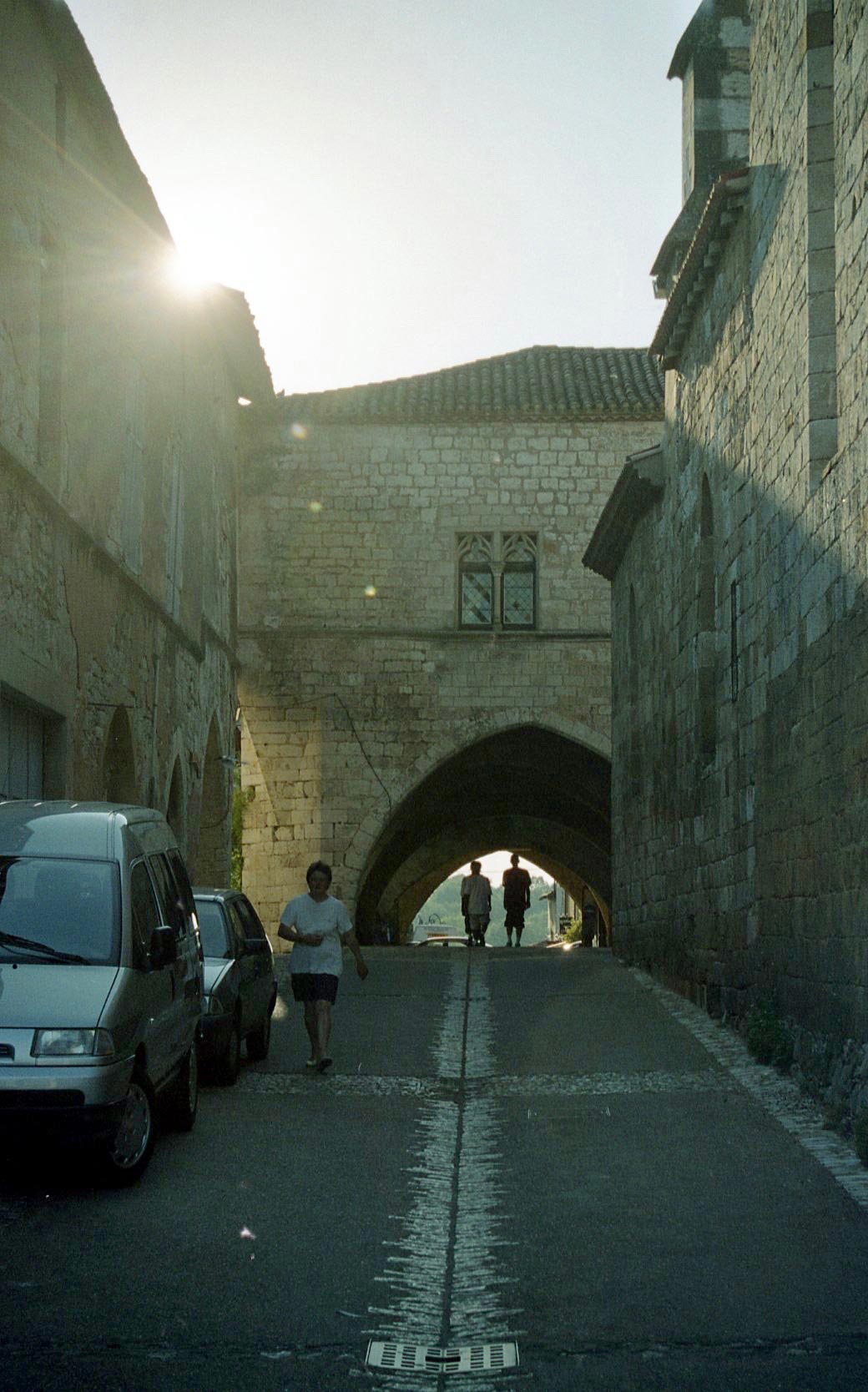
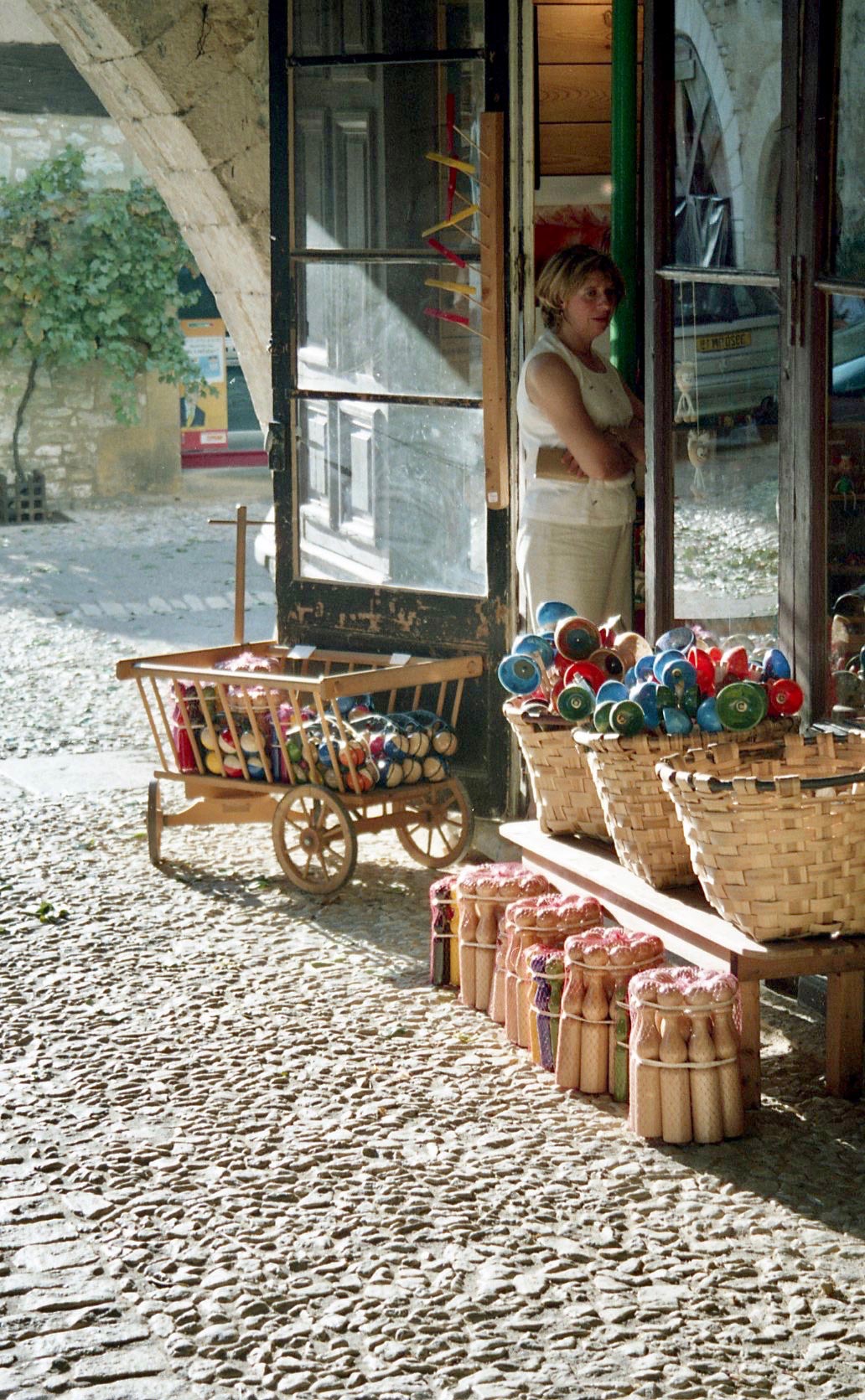
The main feature of a bastide is the central open place or square surrounded by colonnaded arches used for markets, and for political and social gatherings, now housing shops, such as wine merchants and toy suppliers. I enjoyed seeing baskets of diabolos, such as those brought back from holiday by my maternal grandparents.





Colourful market stalls fill the square which is
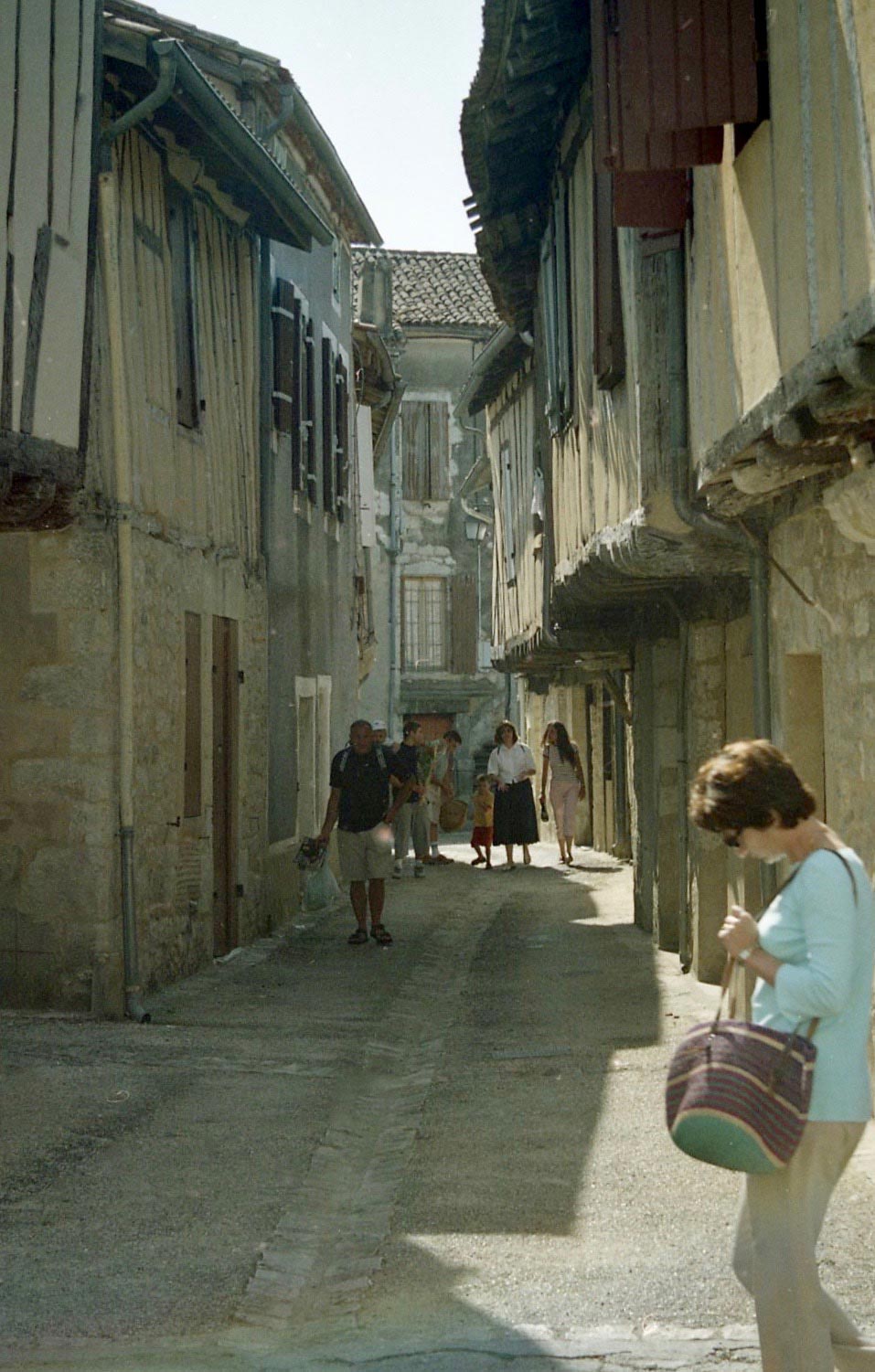


surrounded by grids of streets linked by narrow alleys or ruelles.
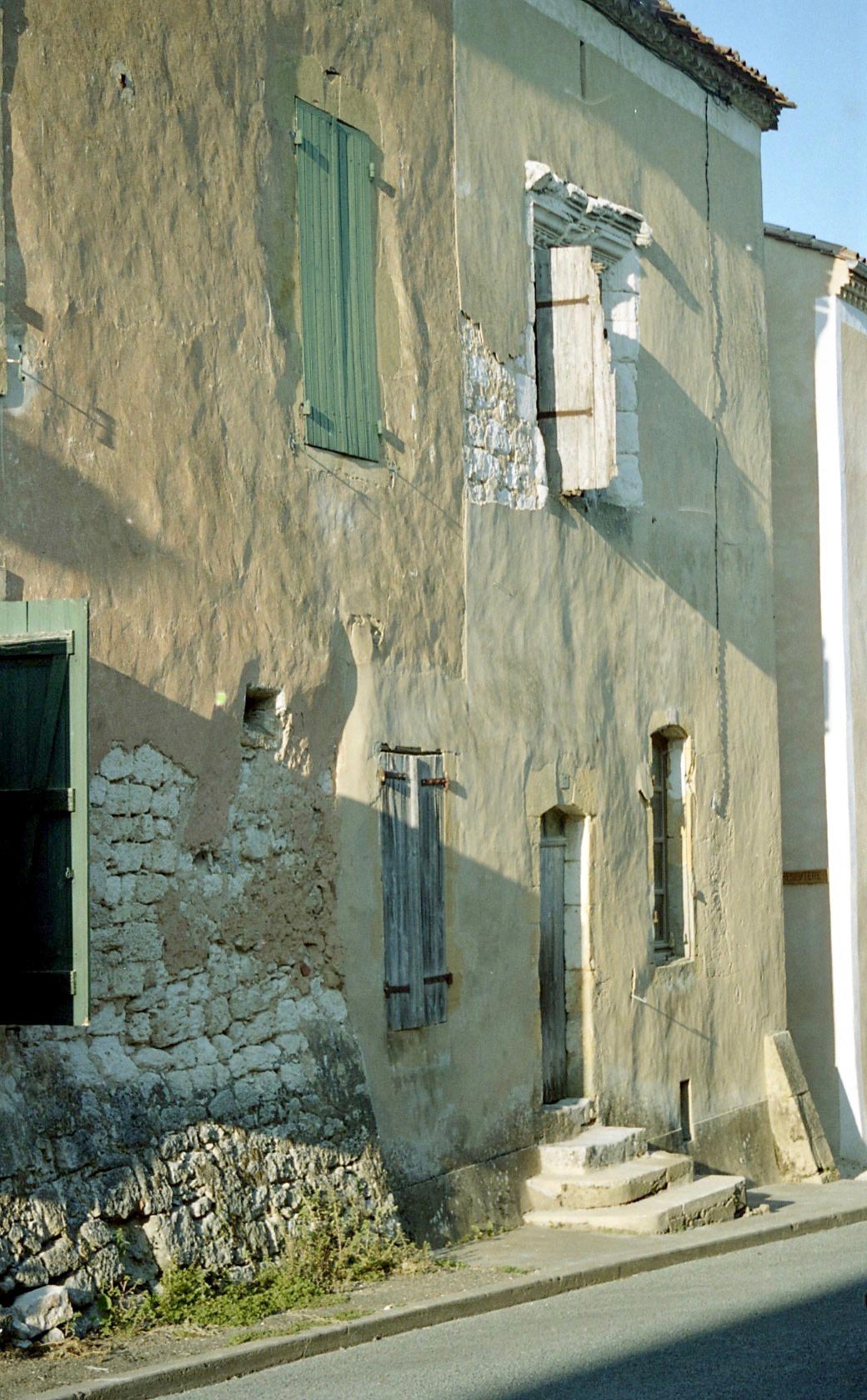


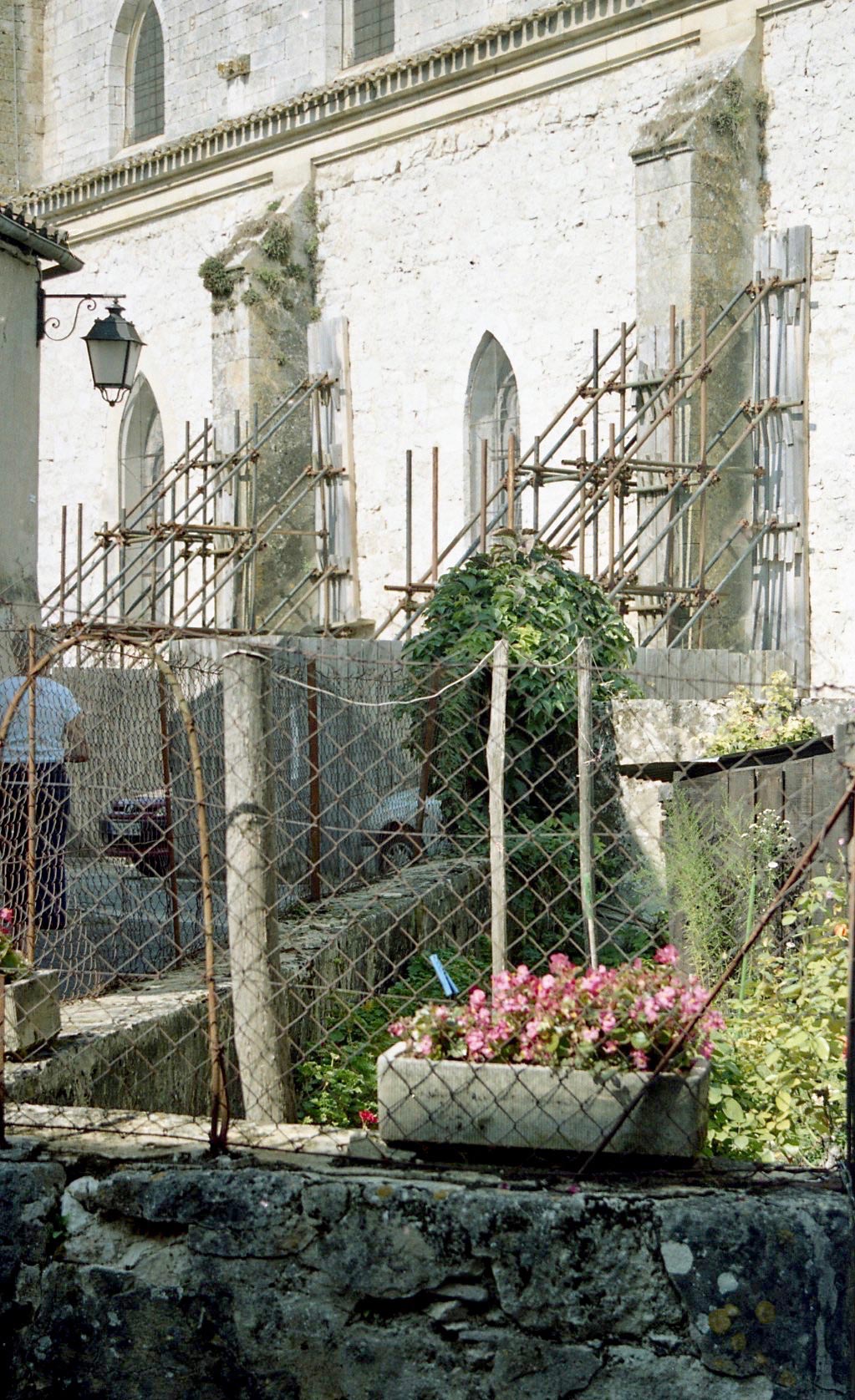

Weathered walls, iron gates, and tended gardens invite attention.
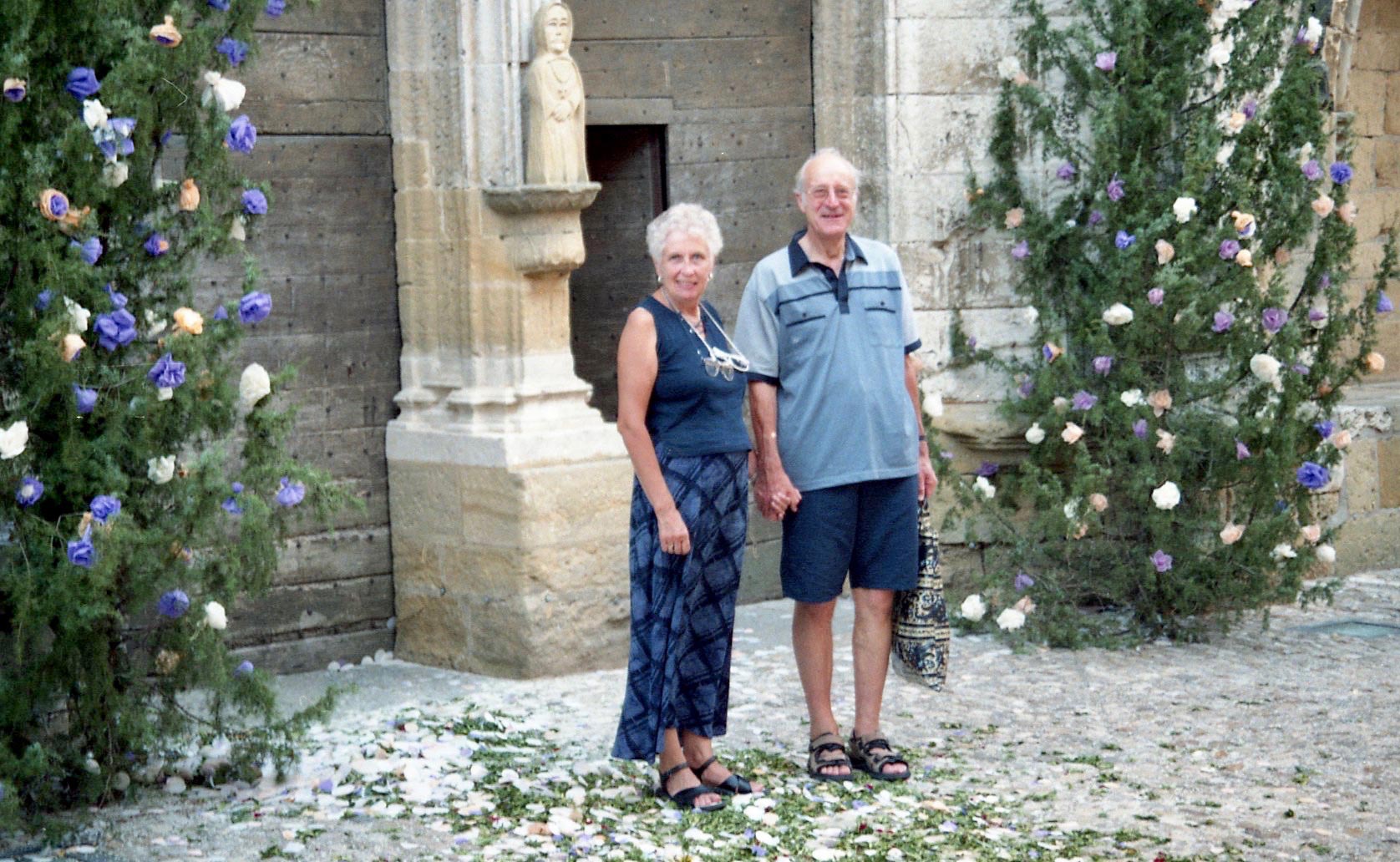
When we passed a church which had recently held a wedding, my friends thought it would be a good wheeze to pretend it was theirs.


